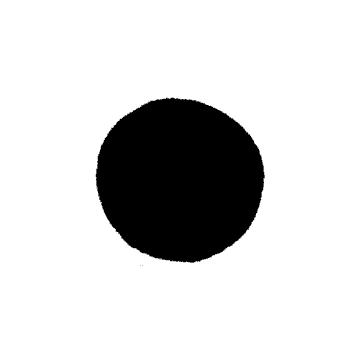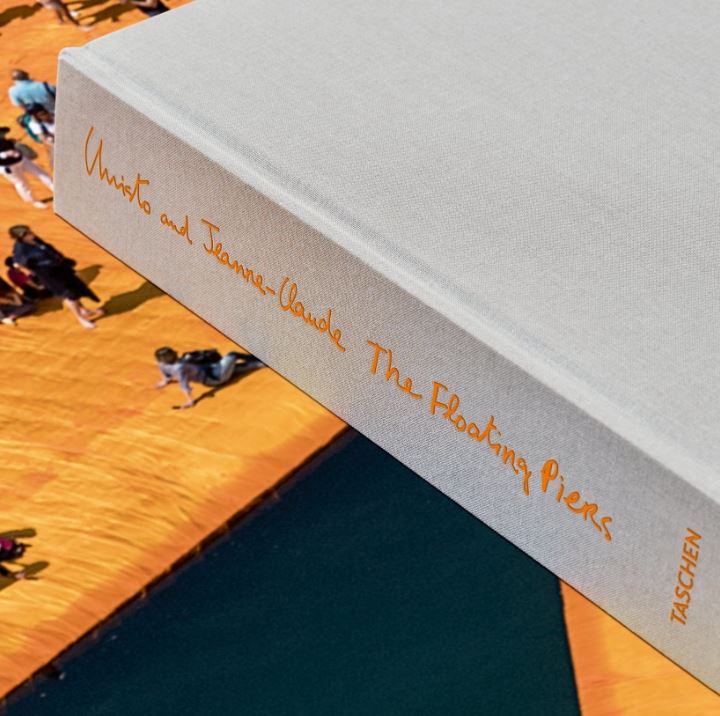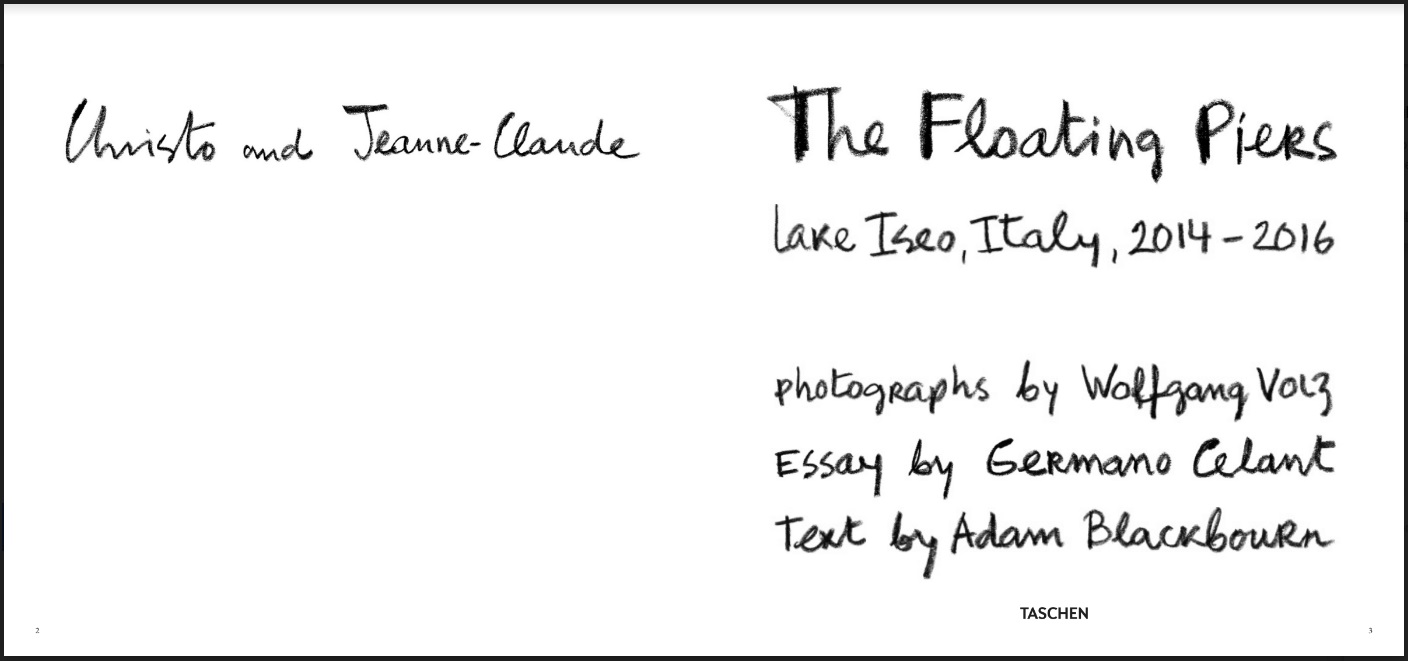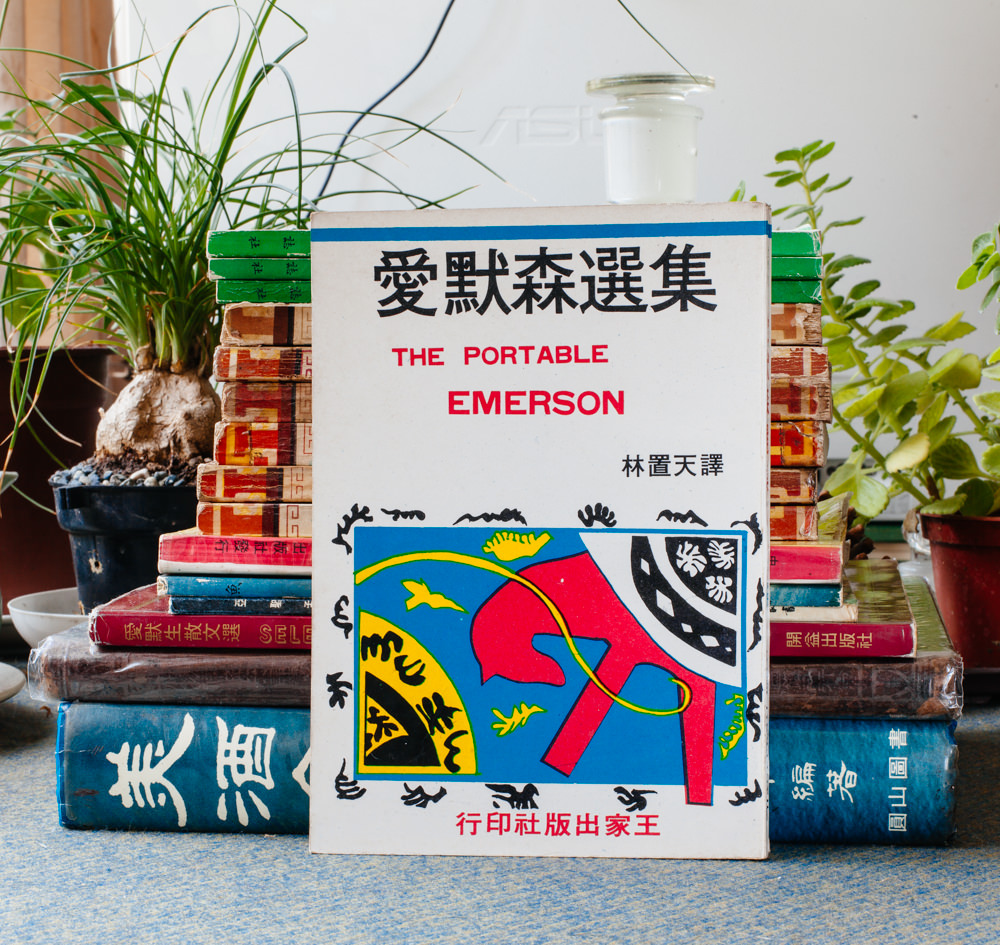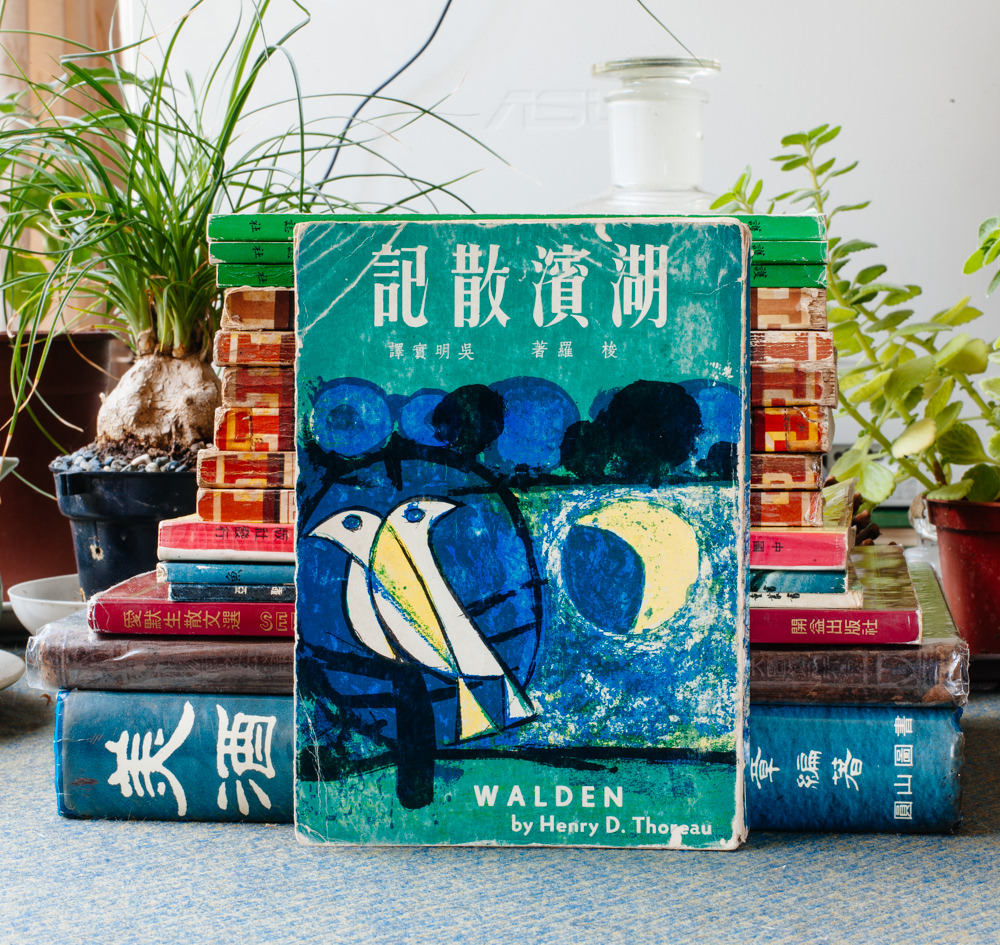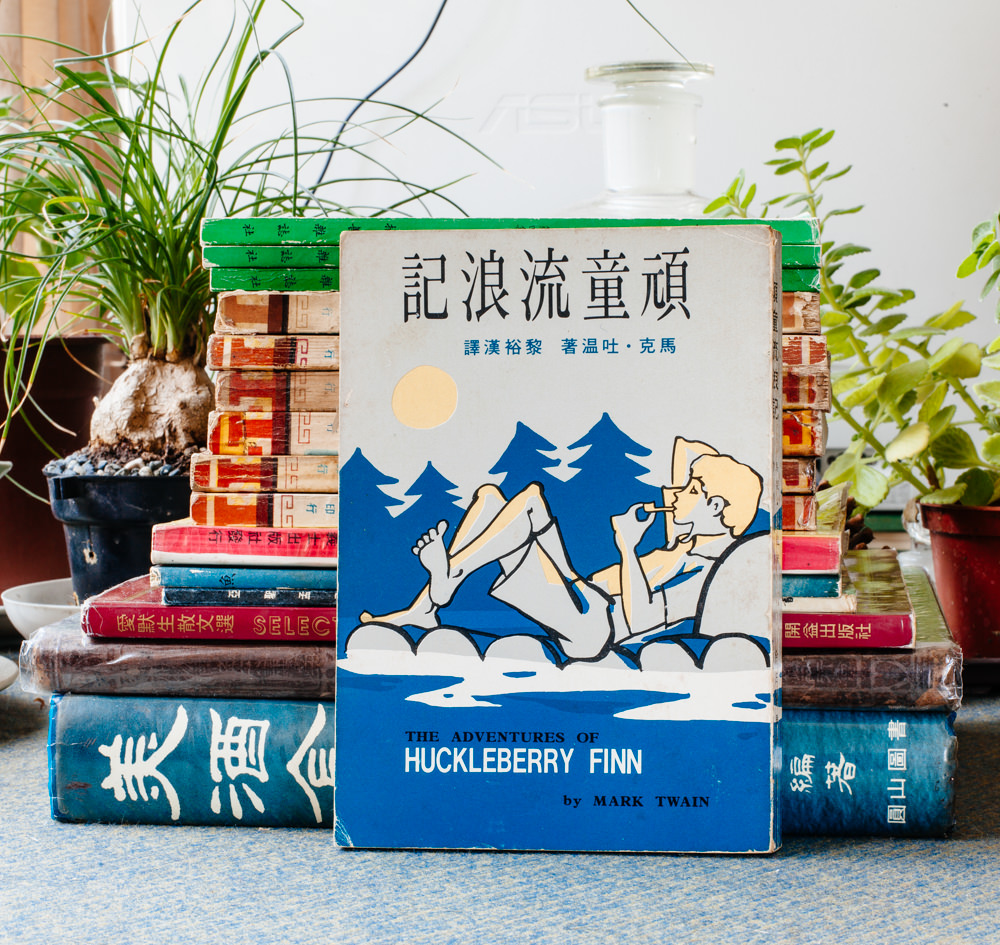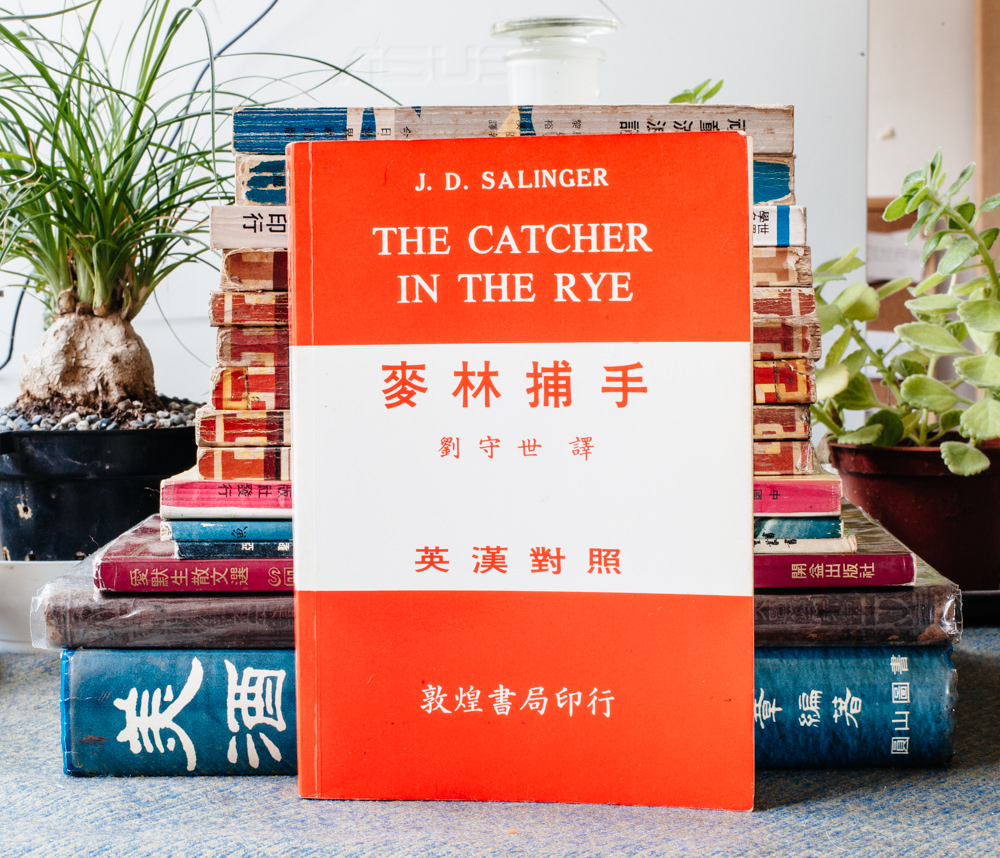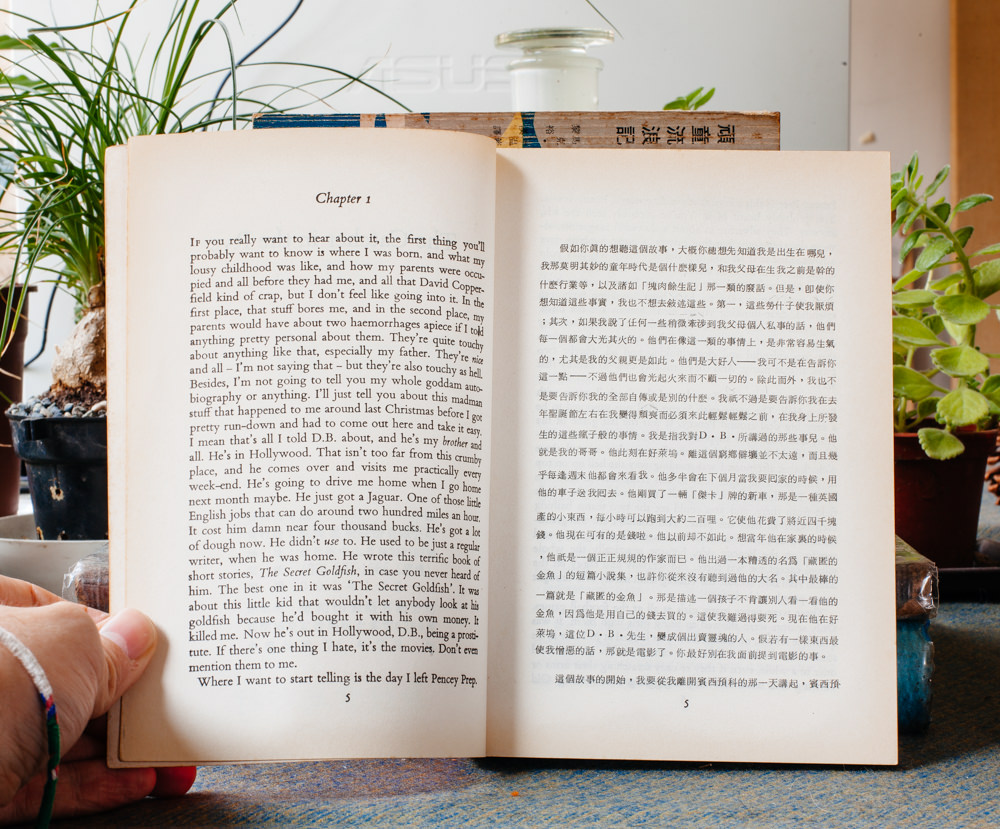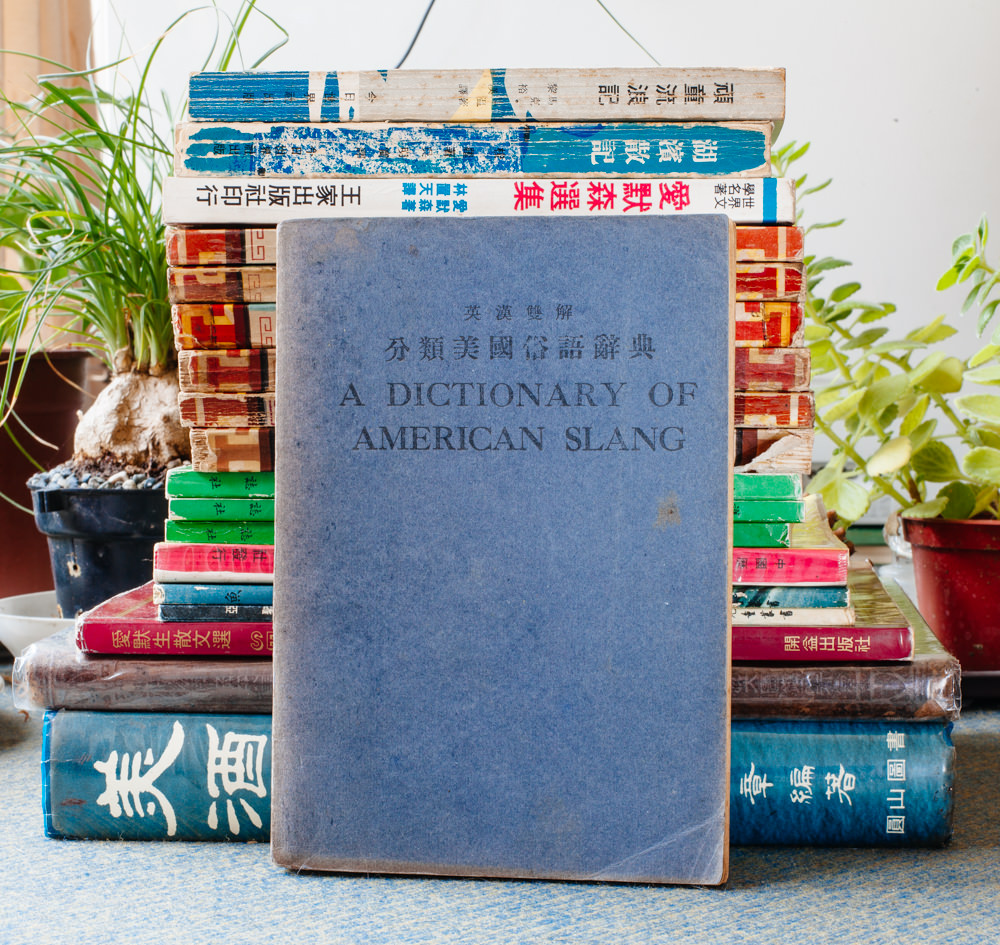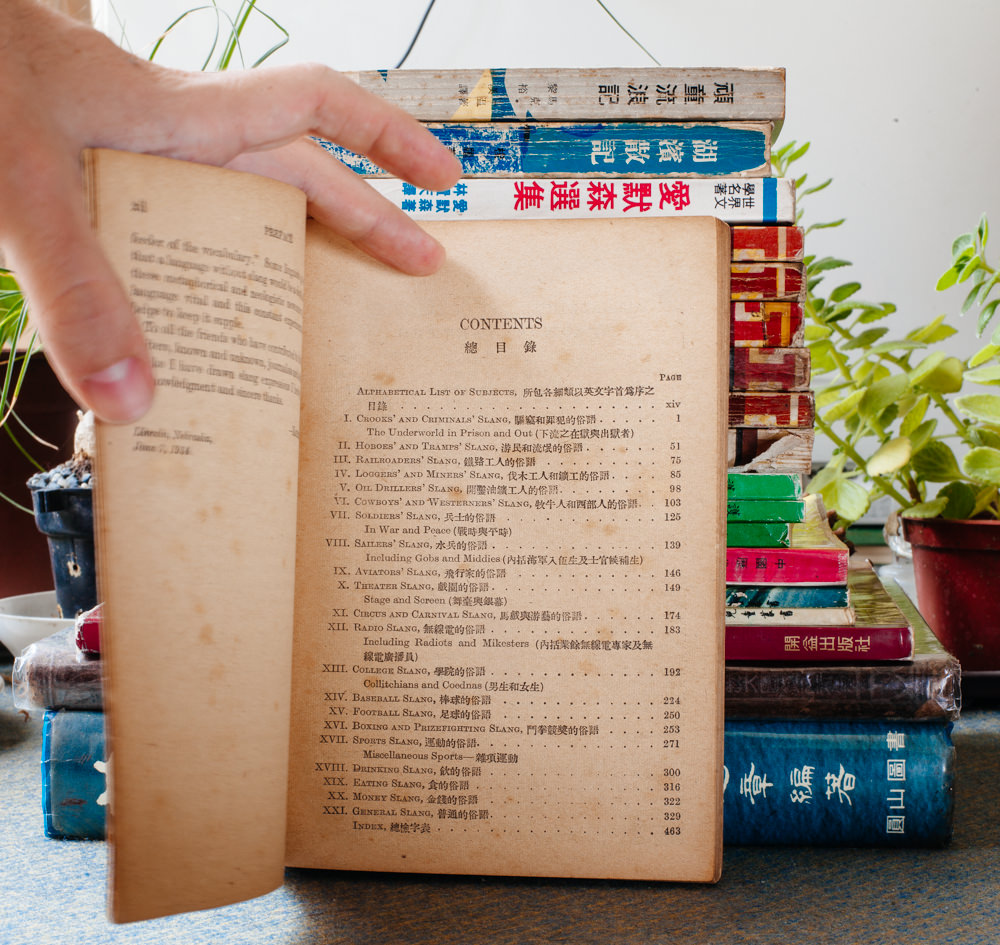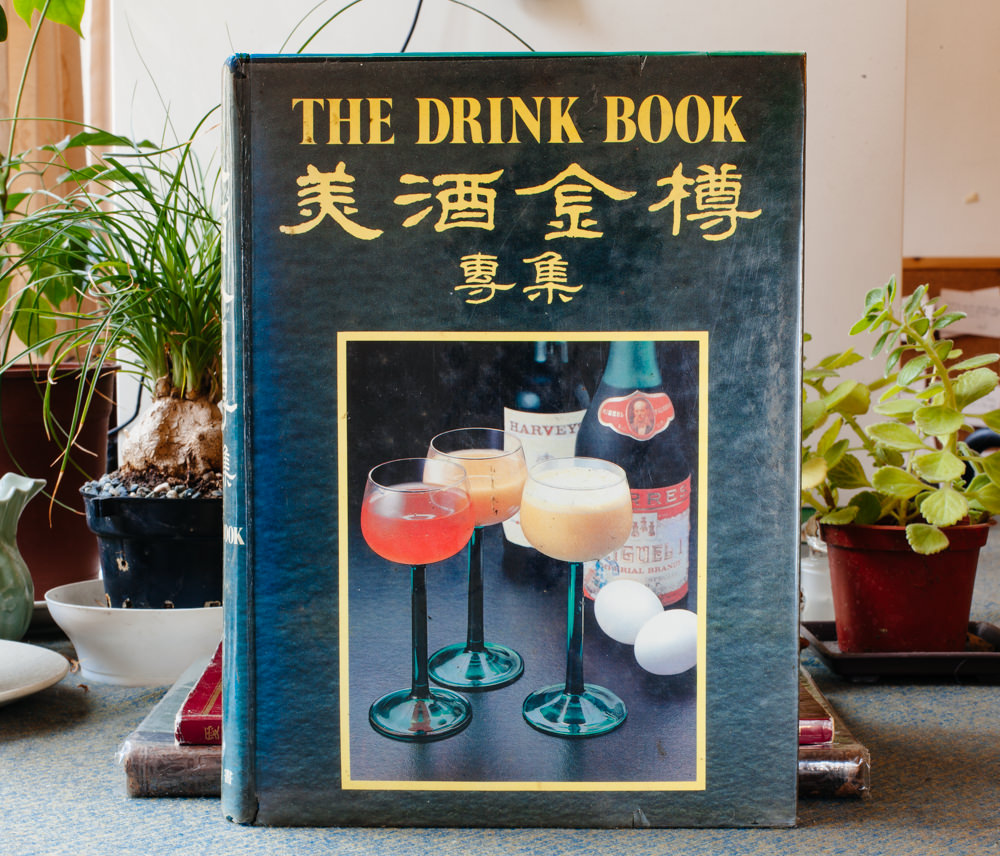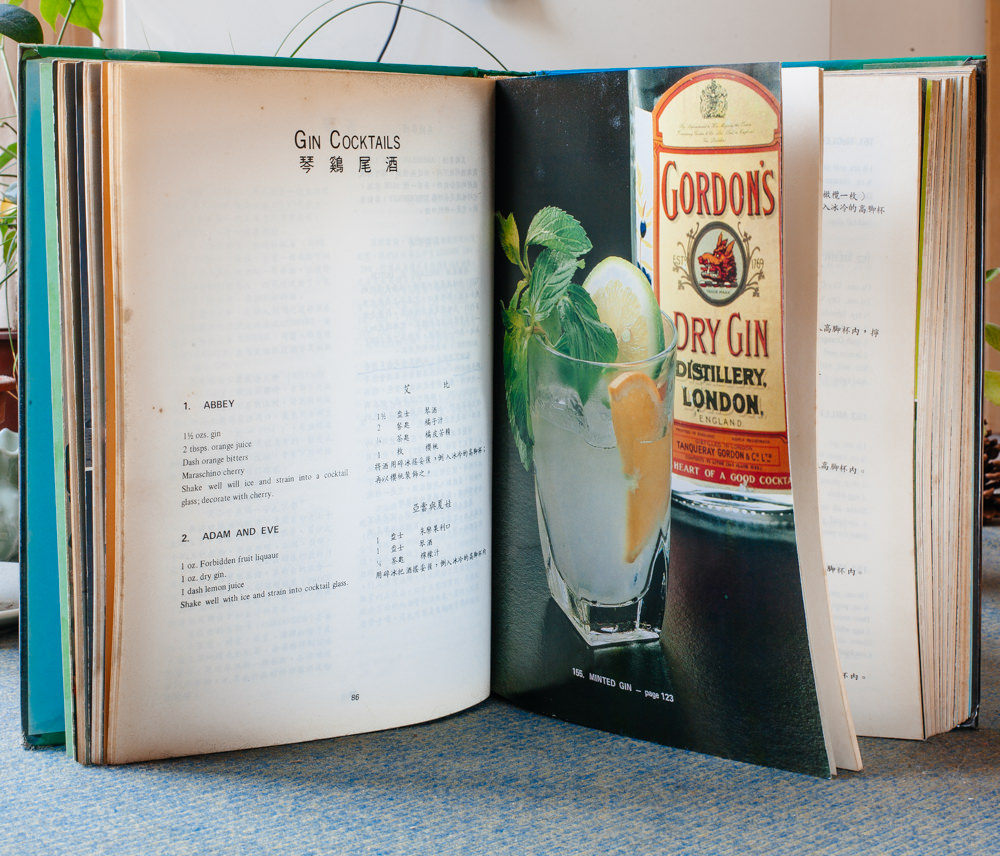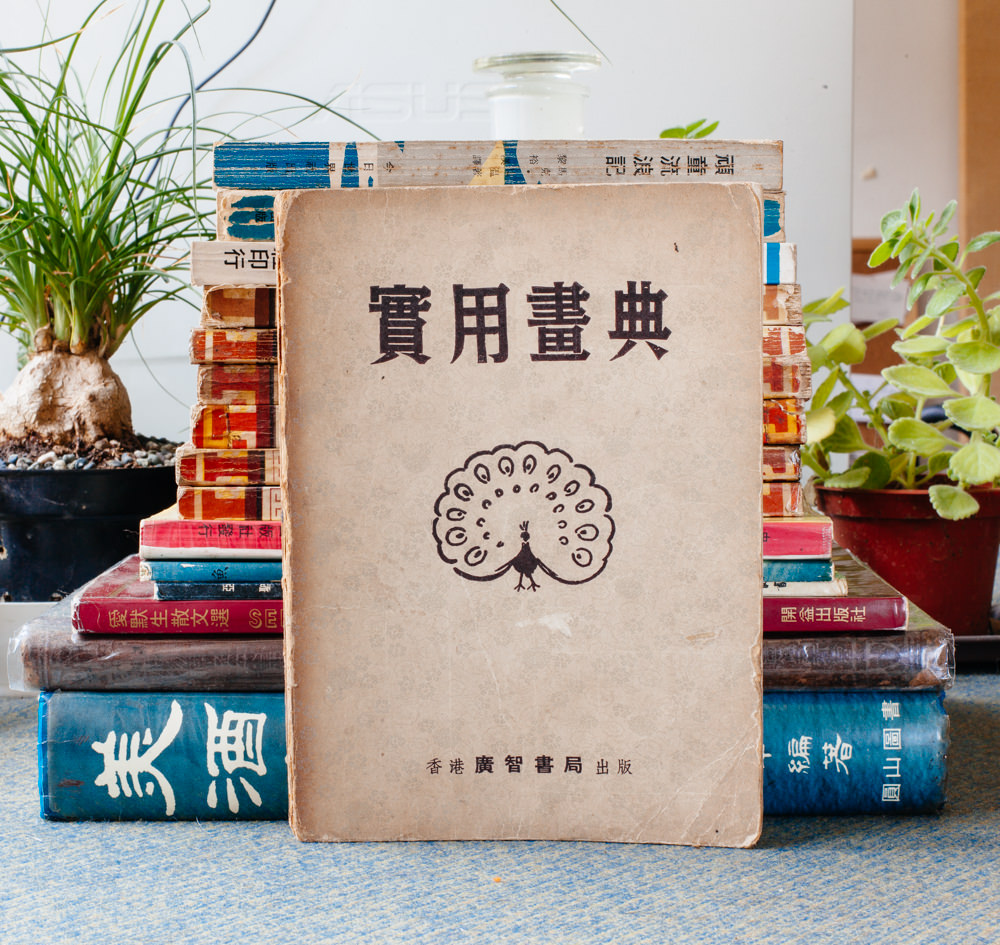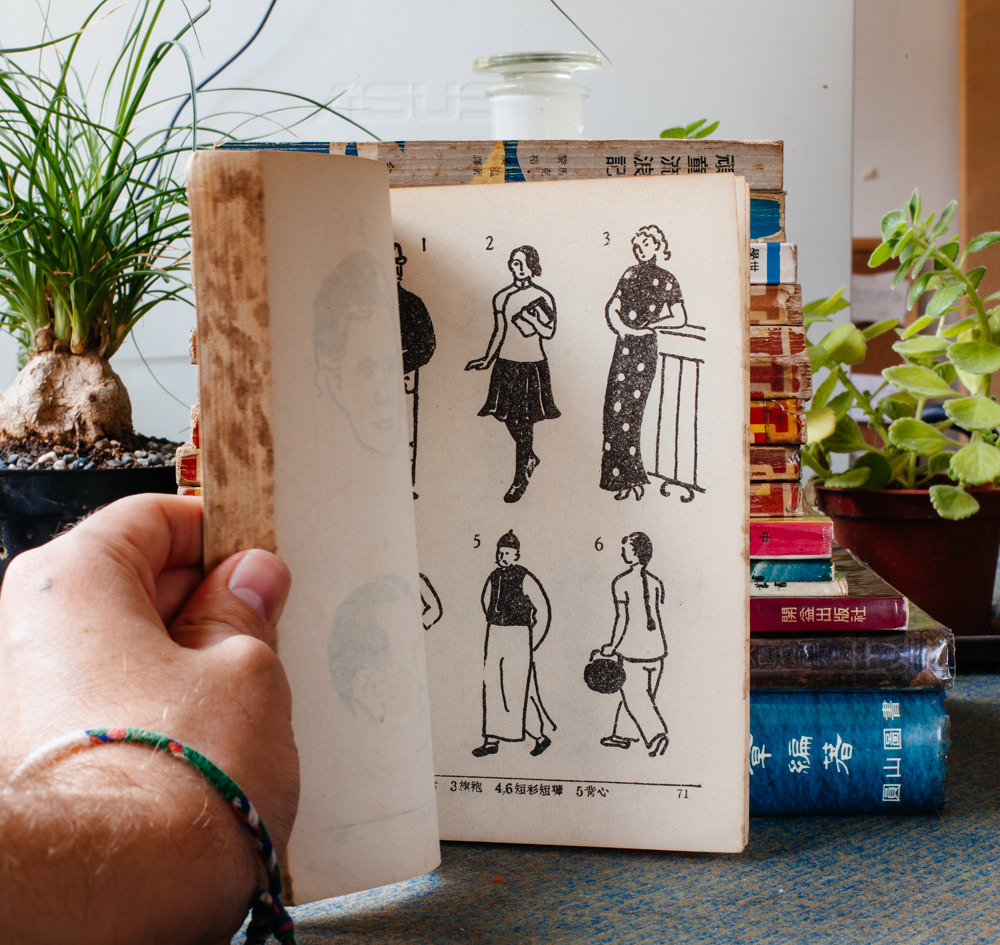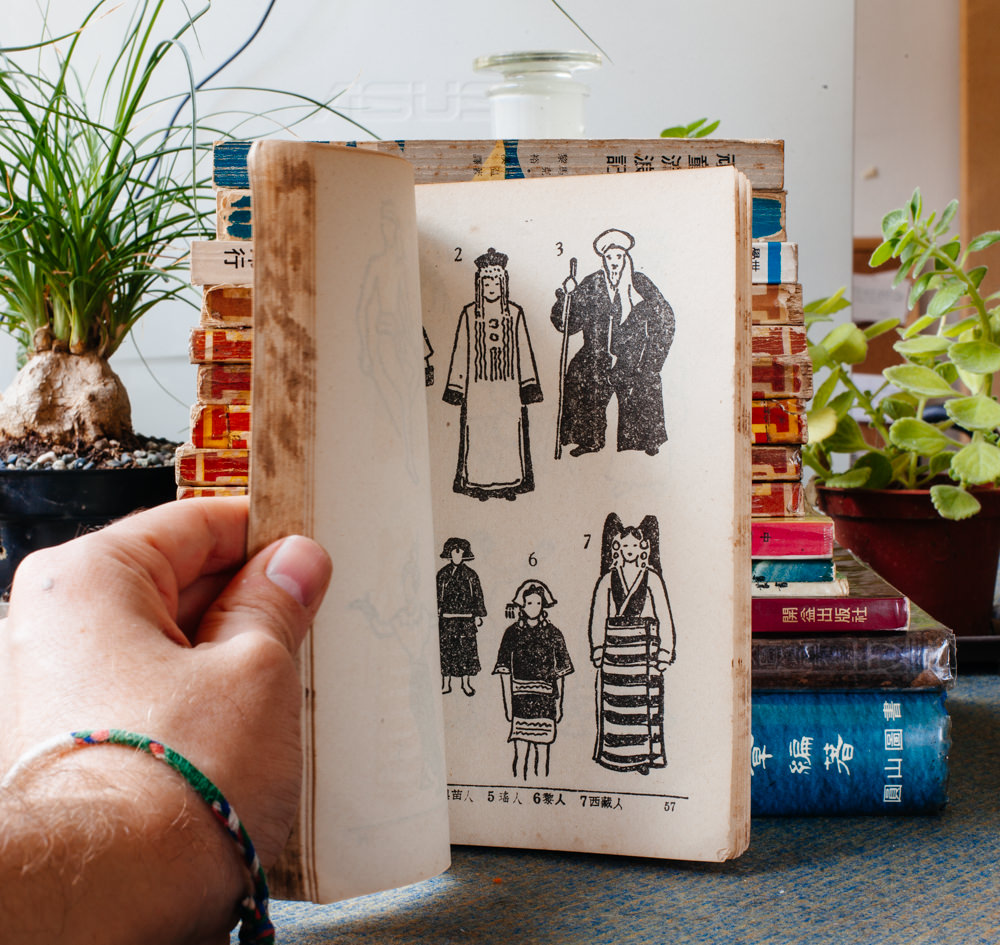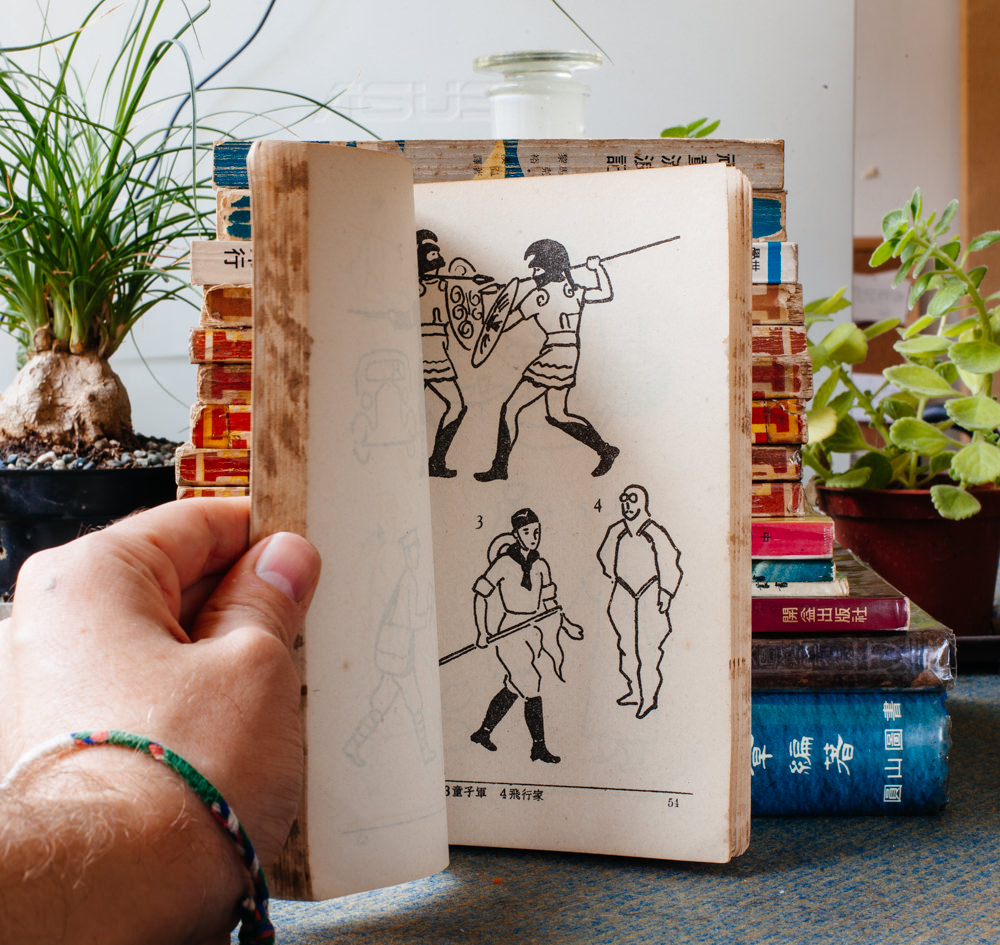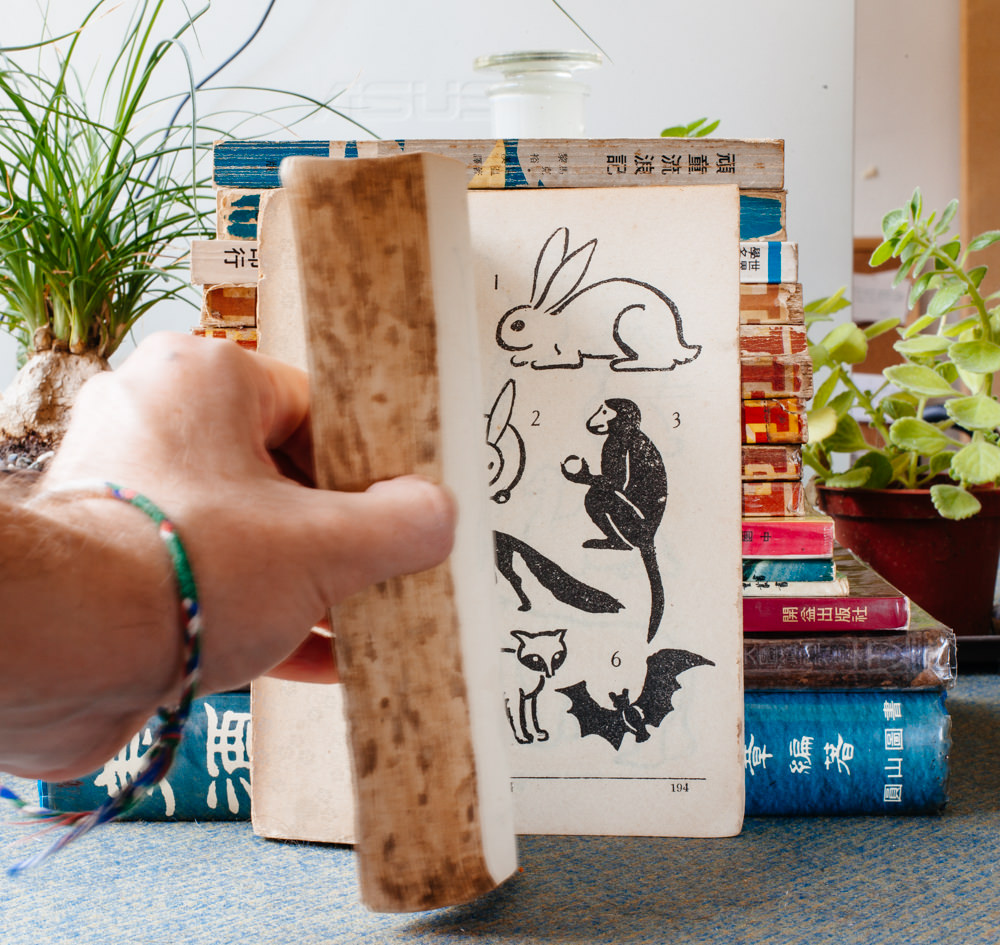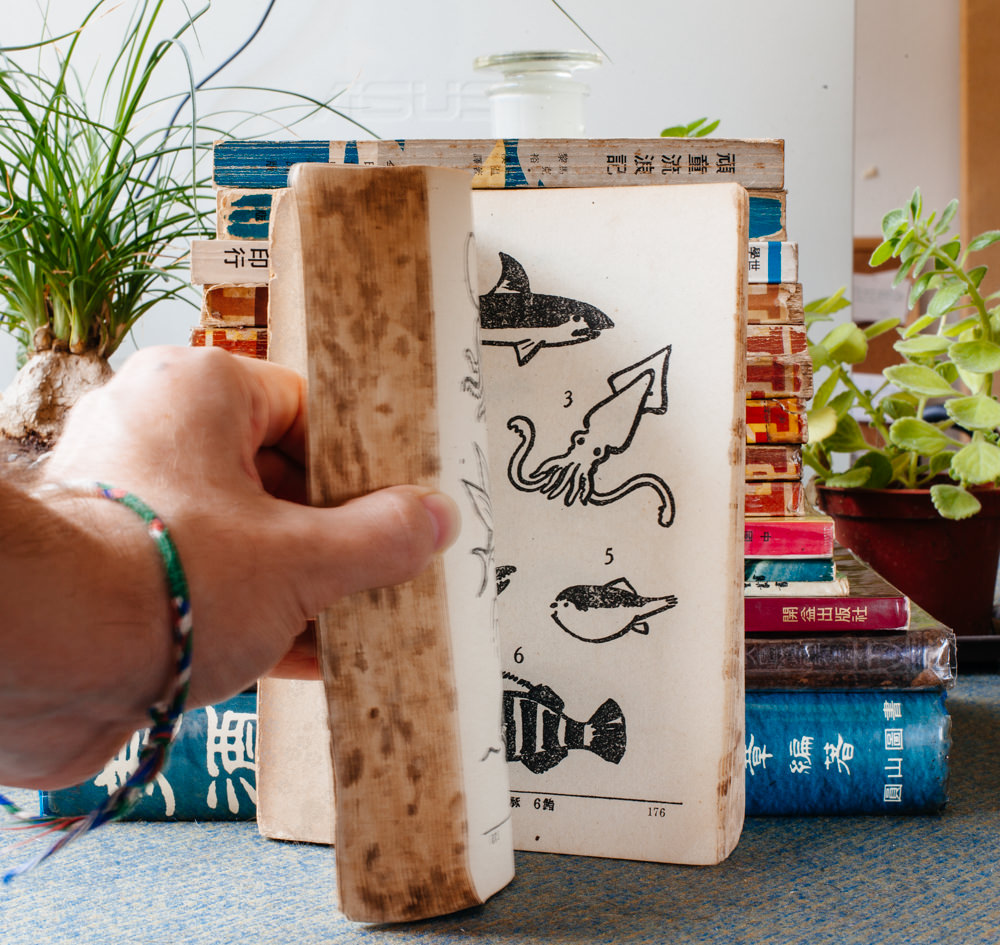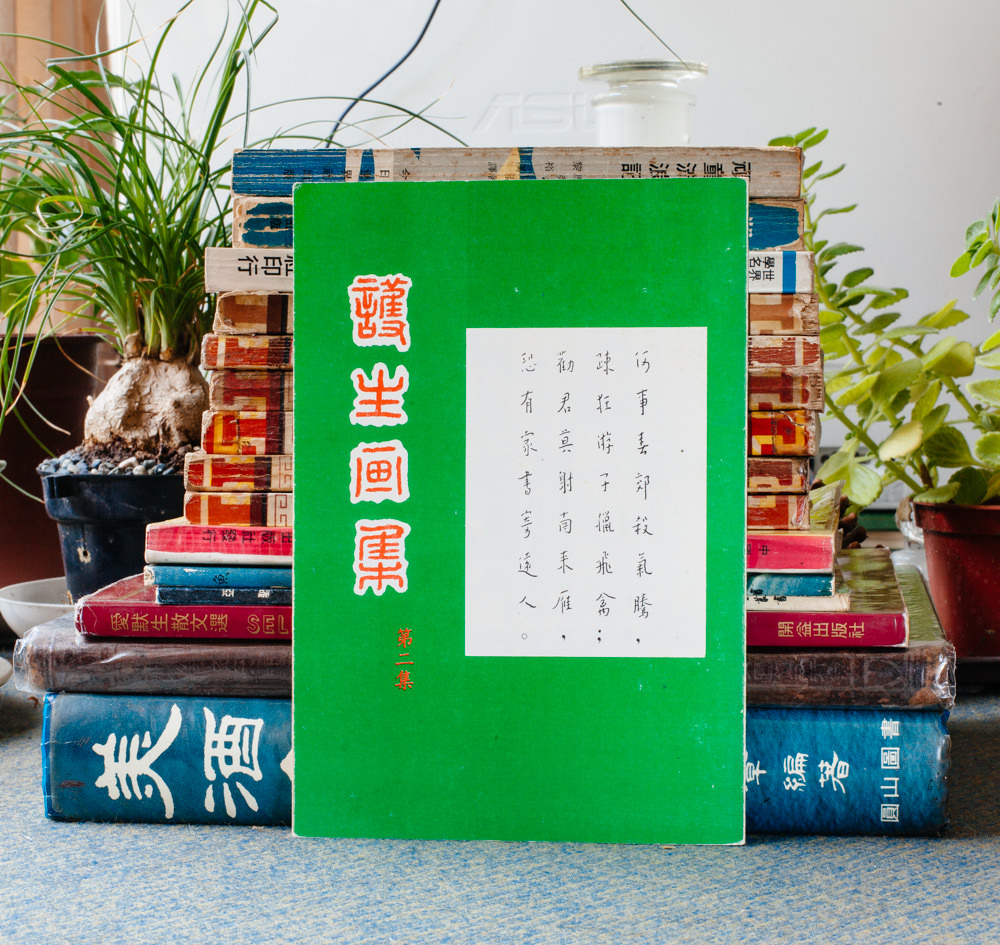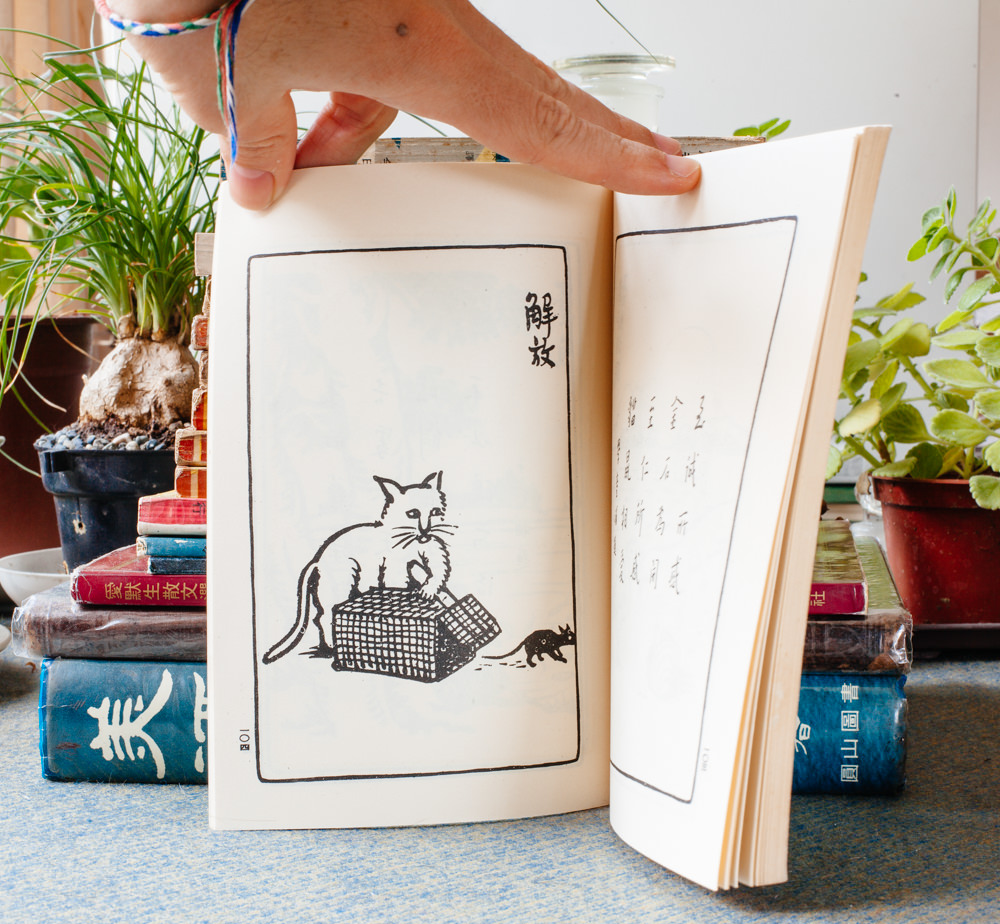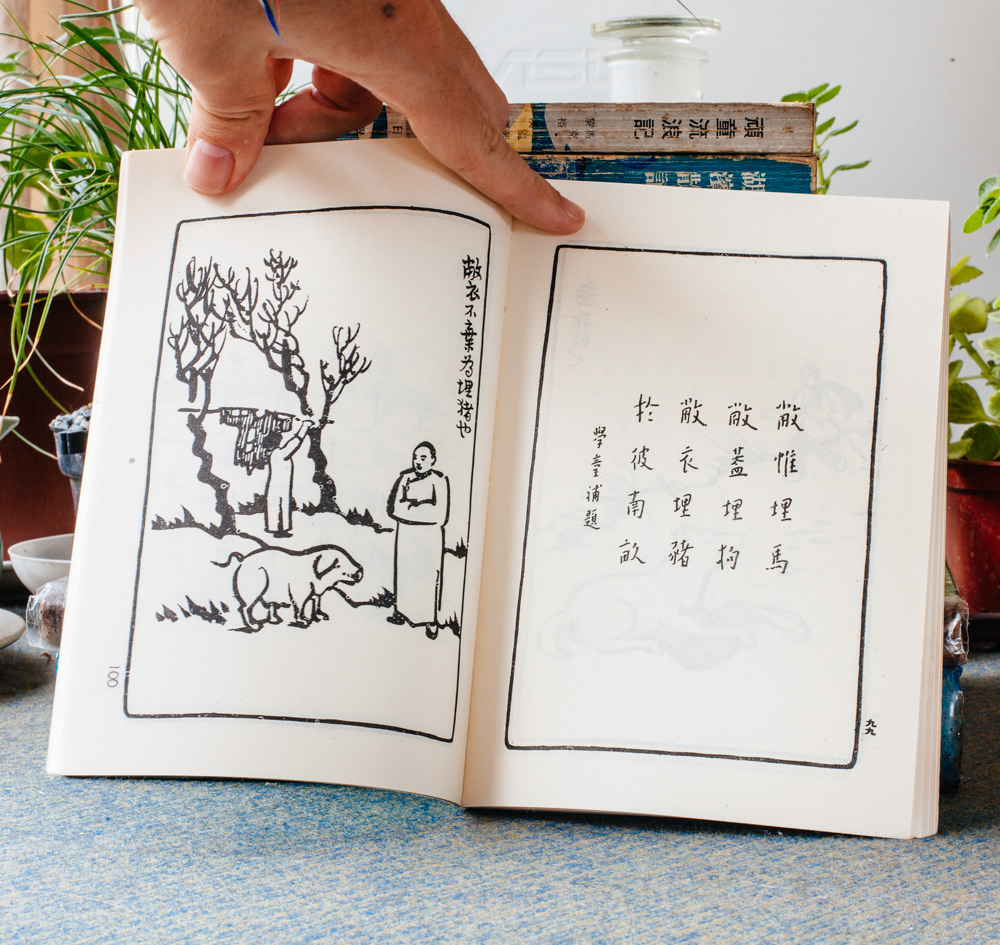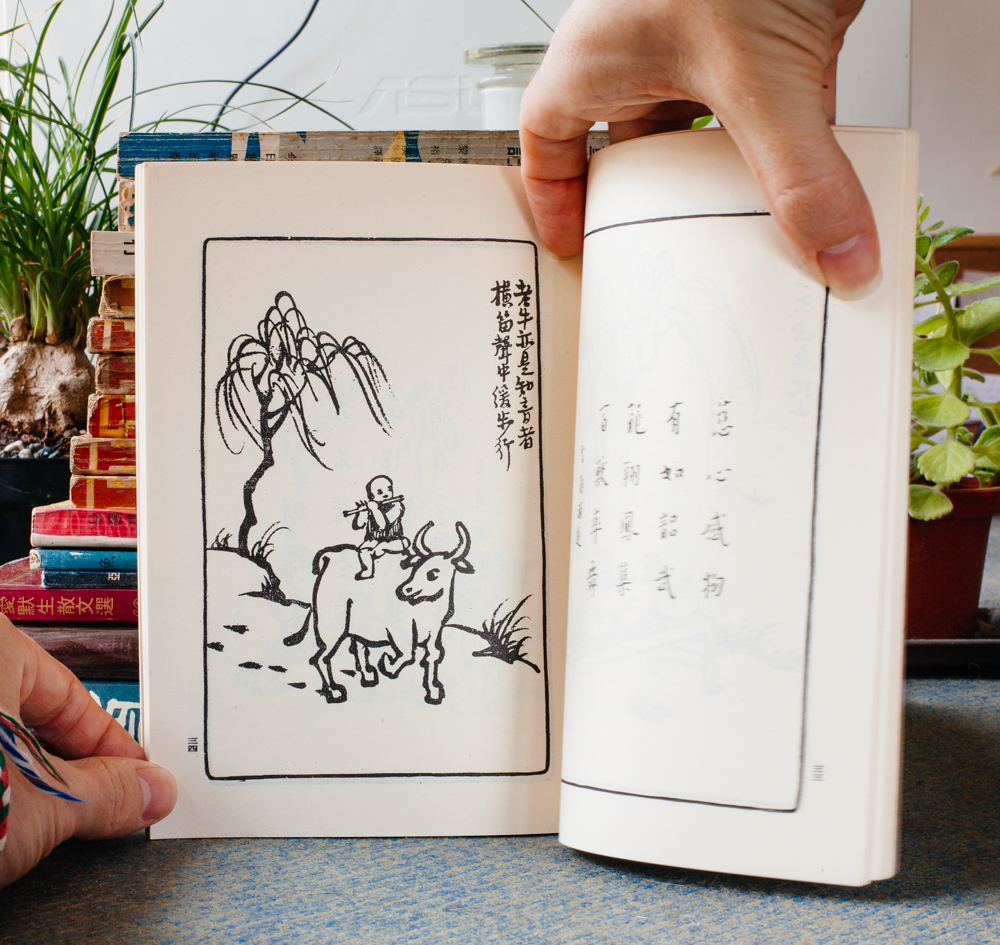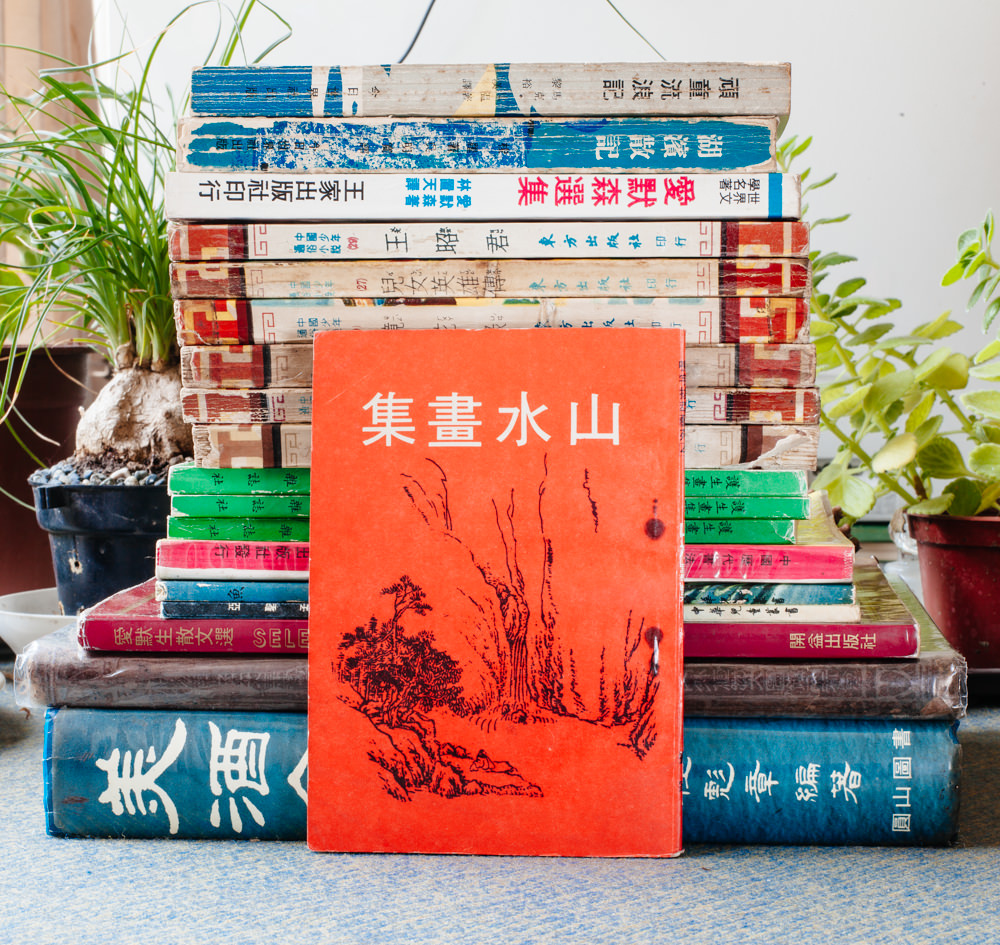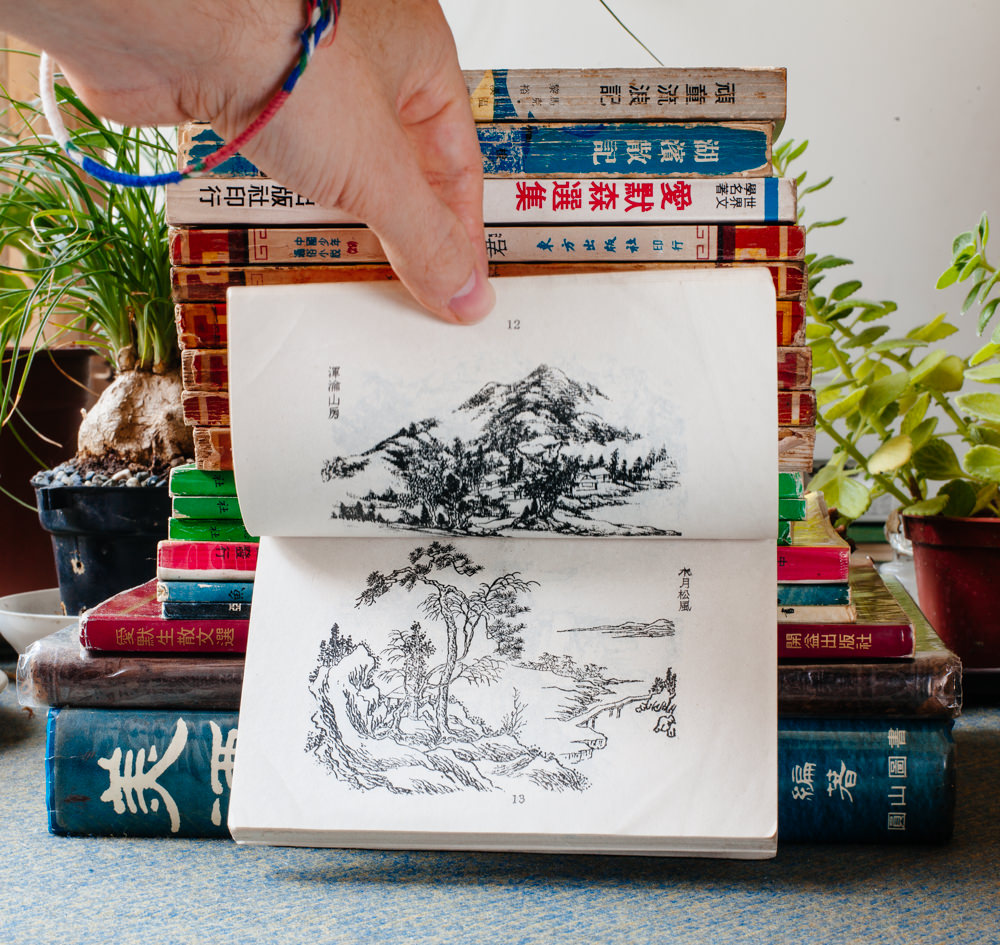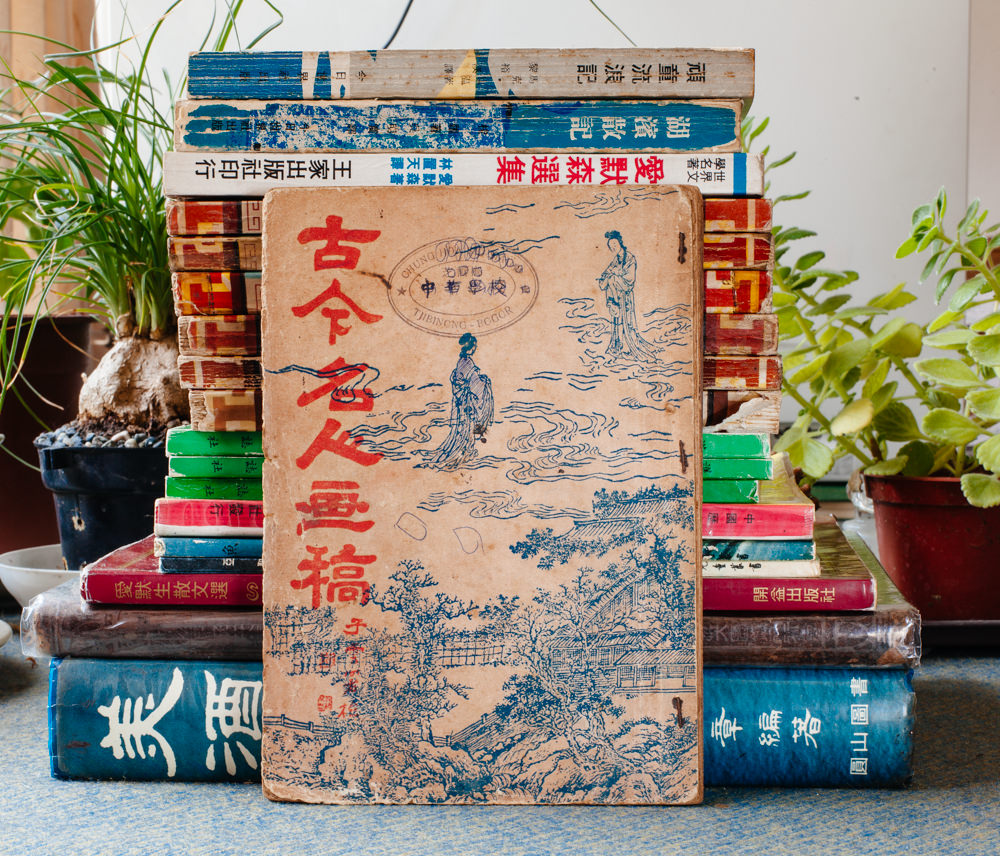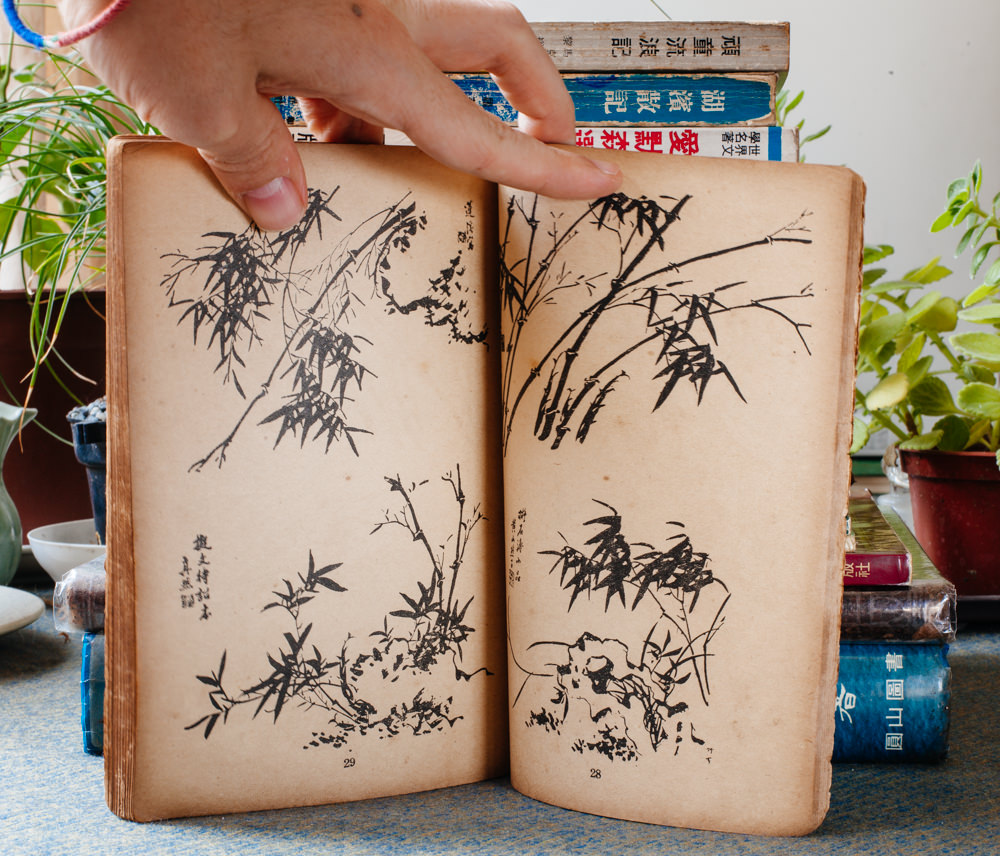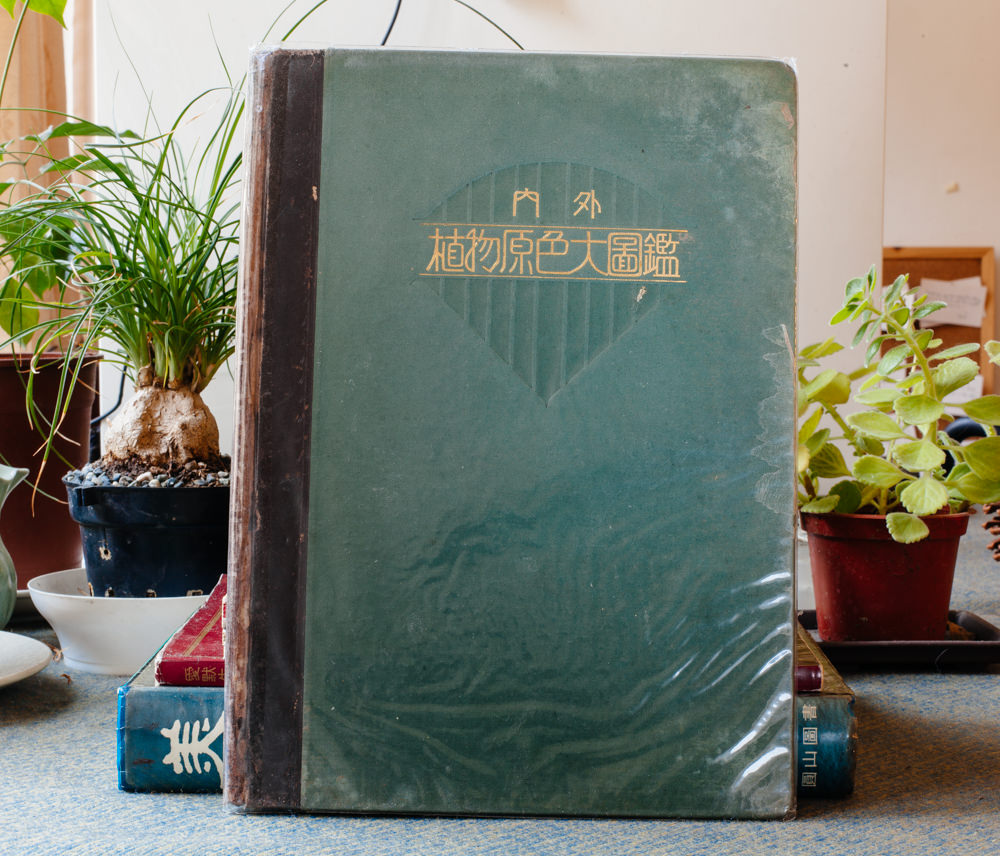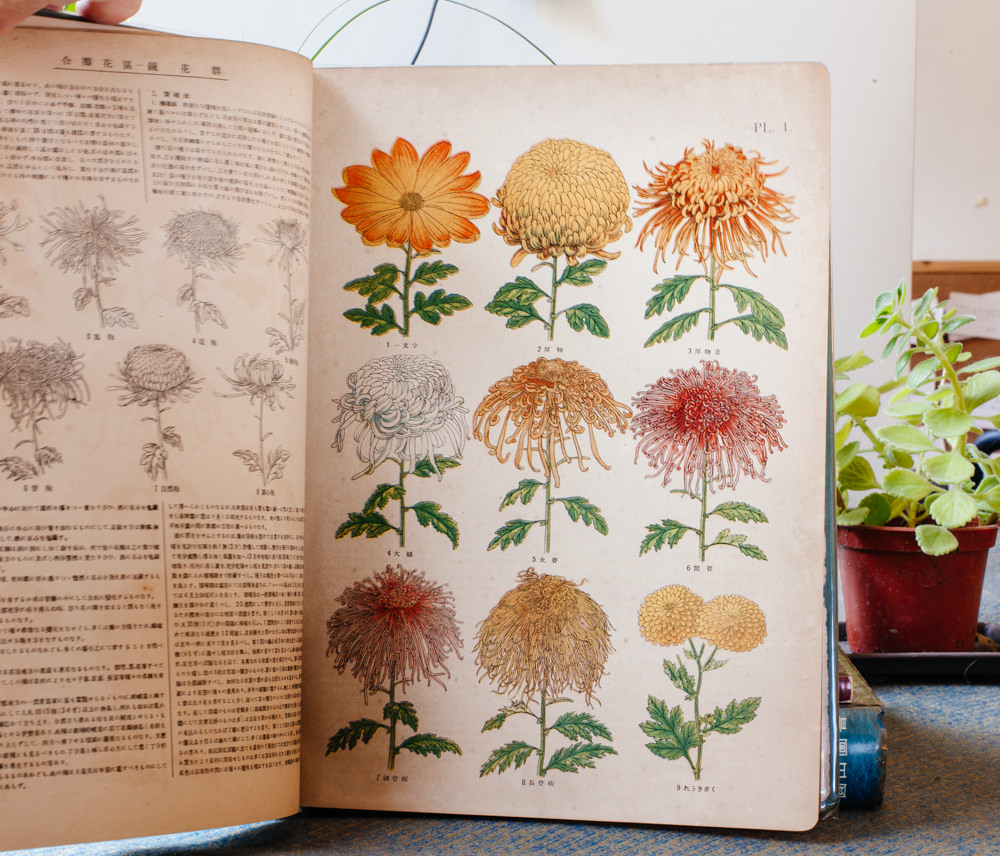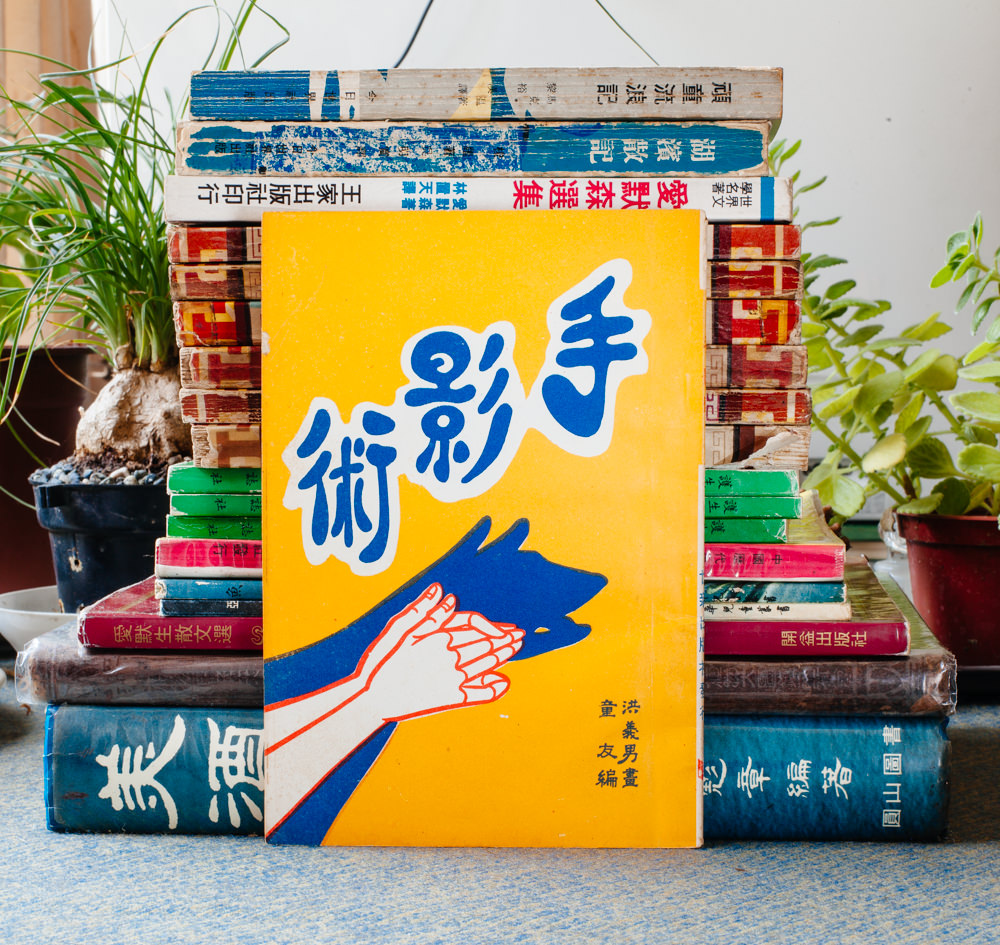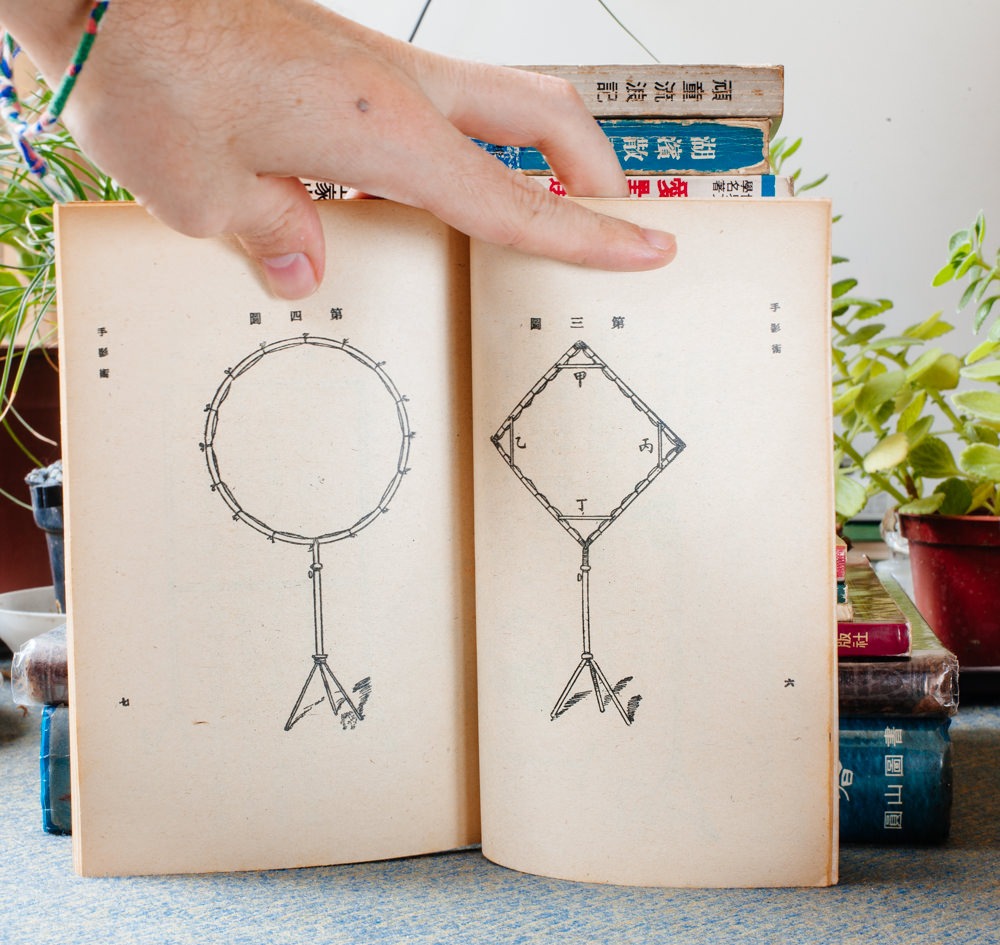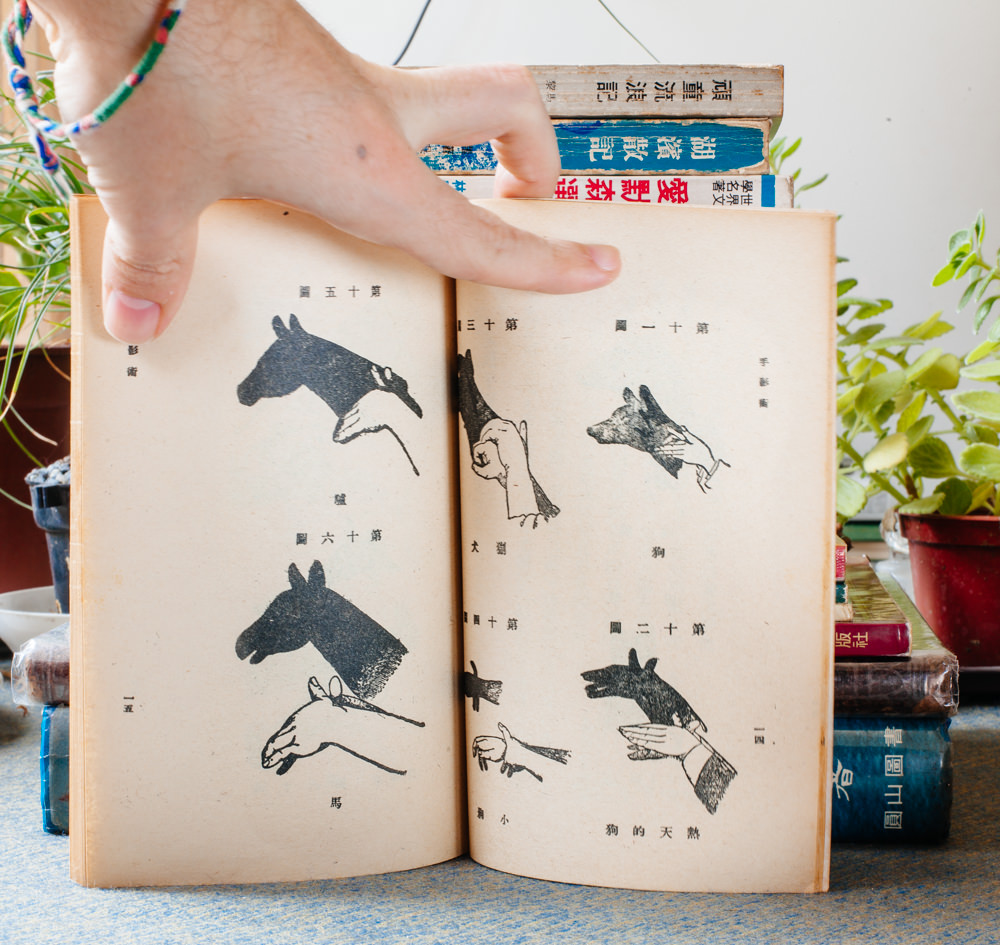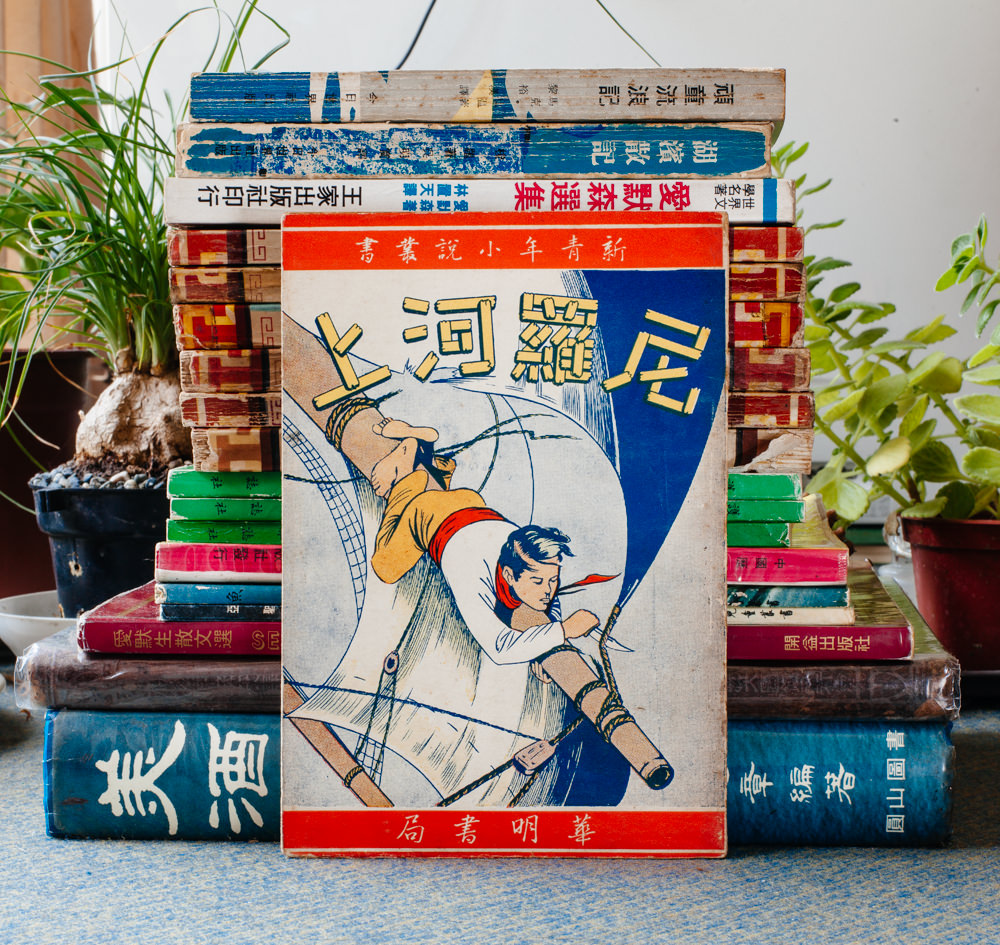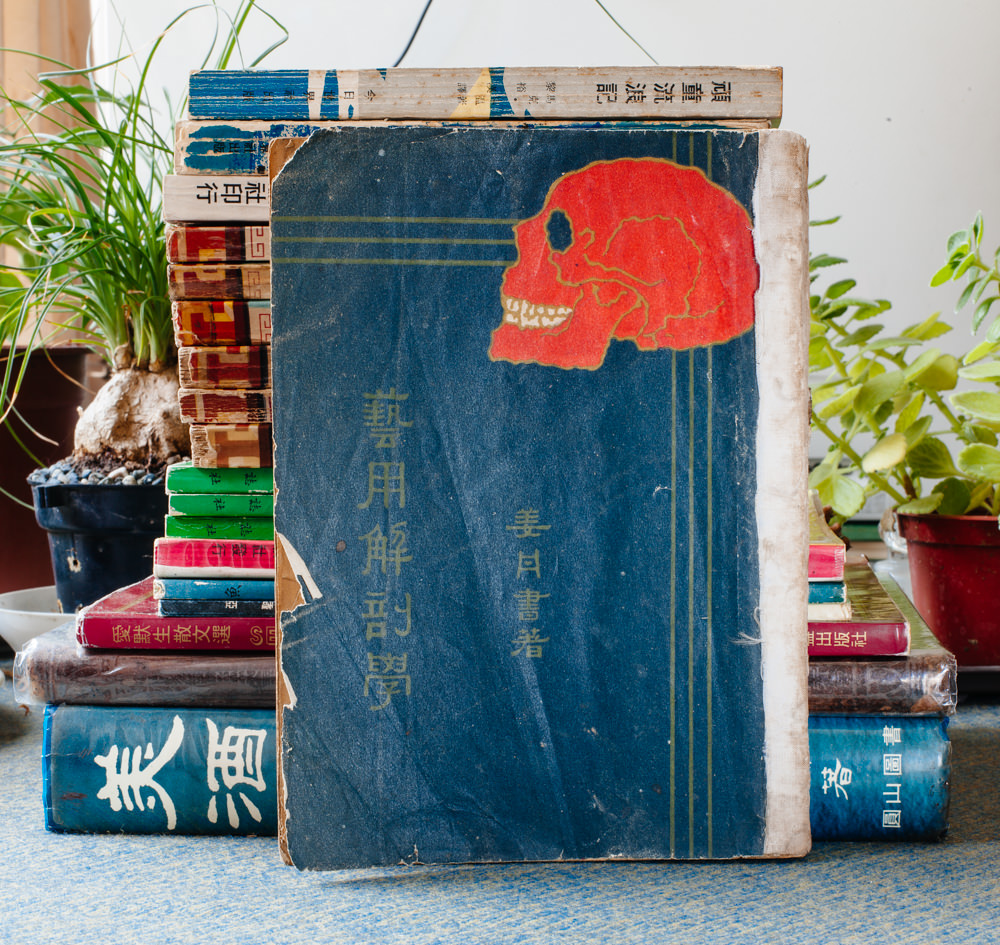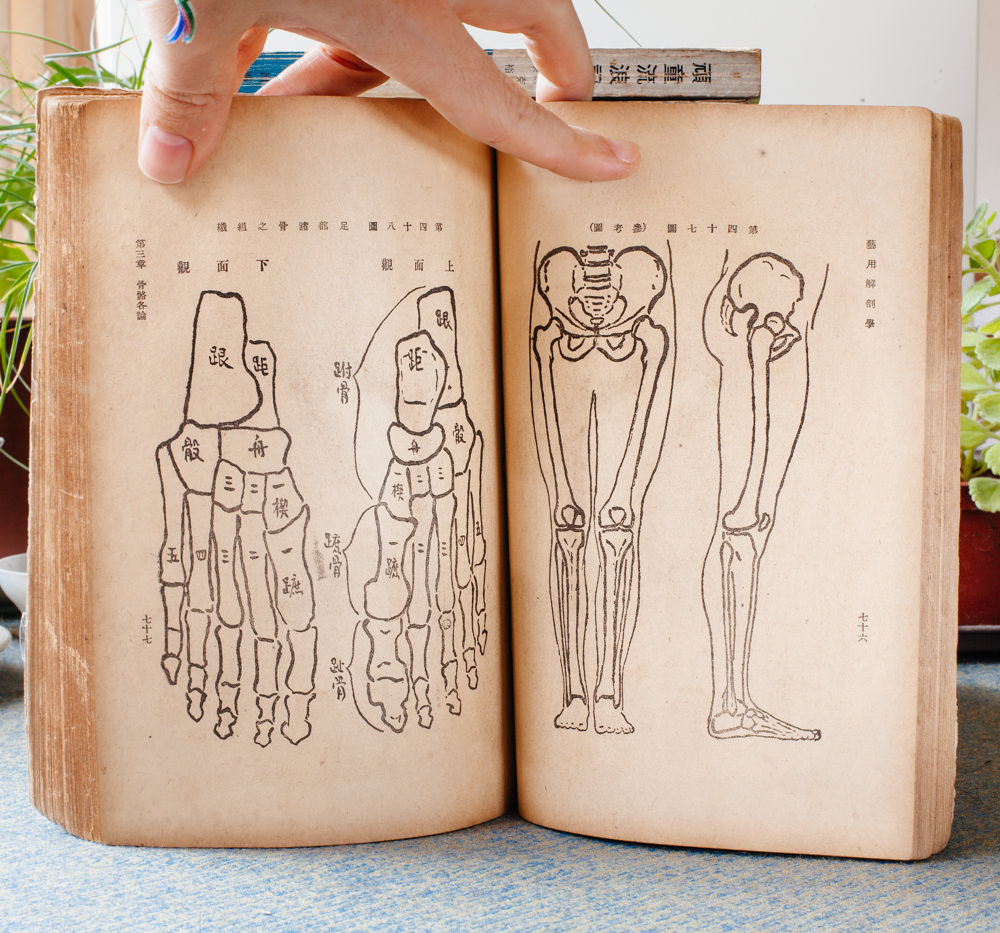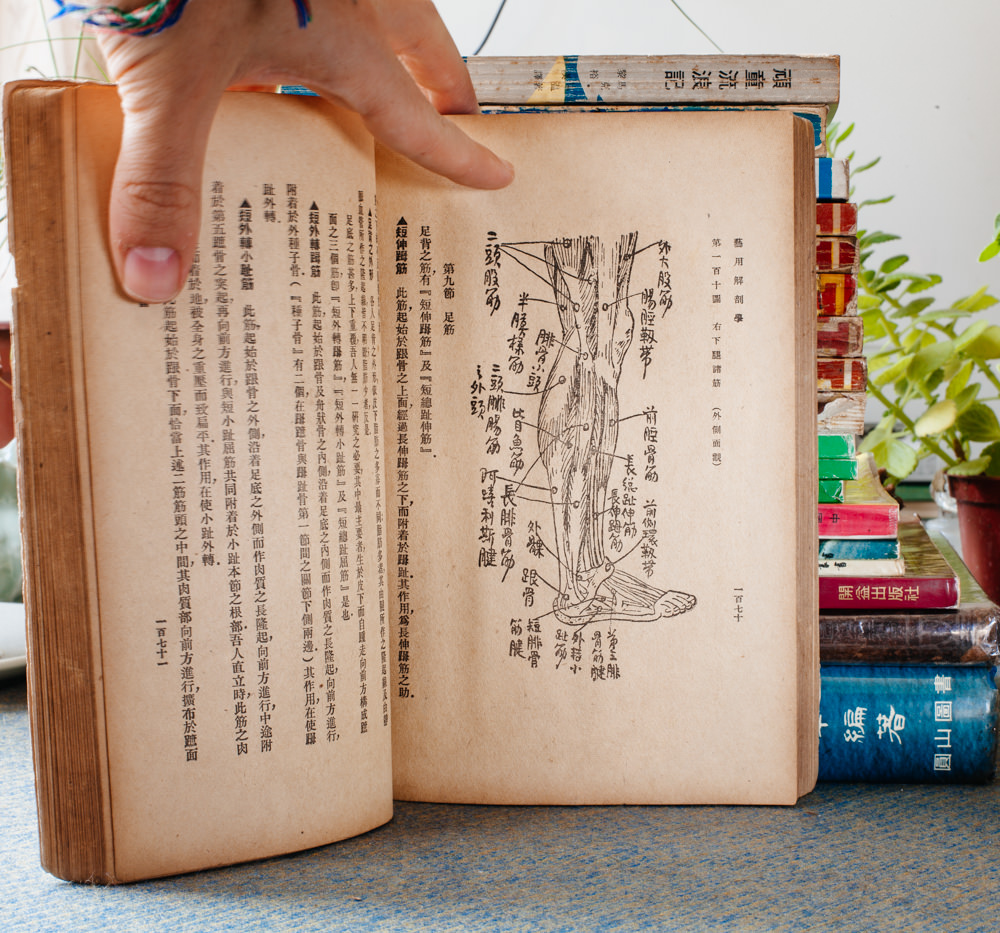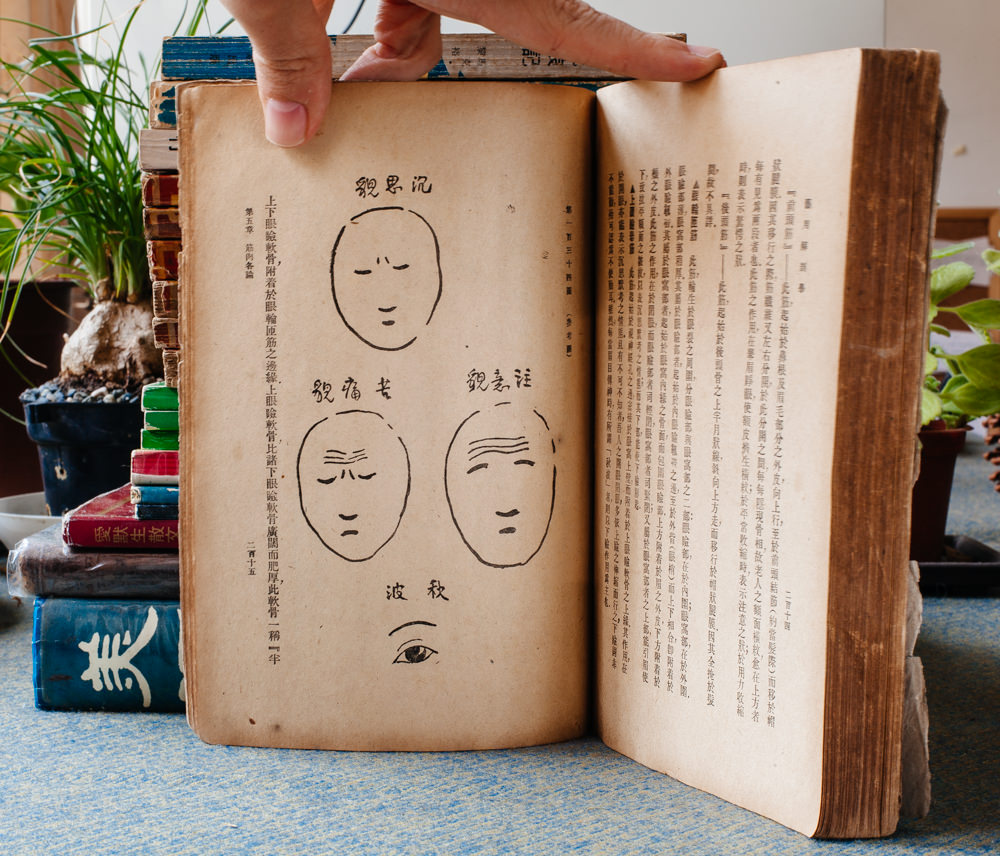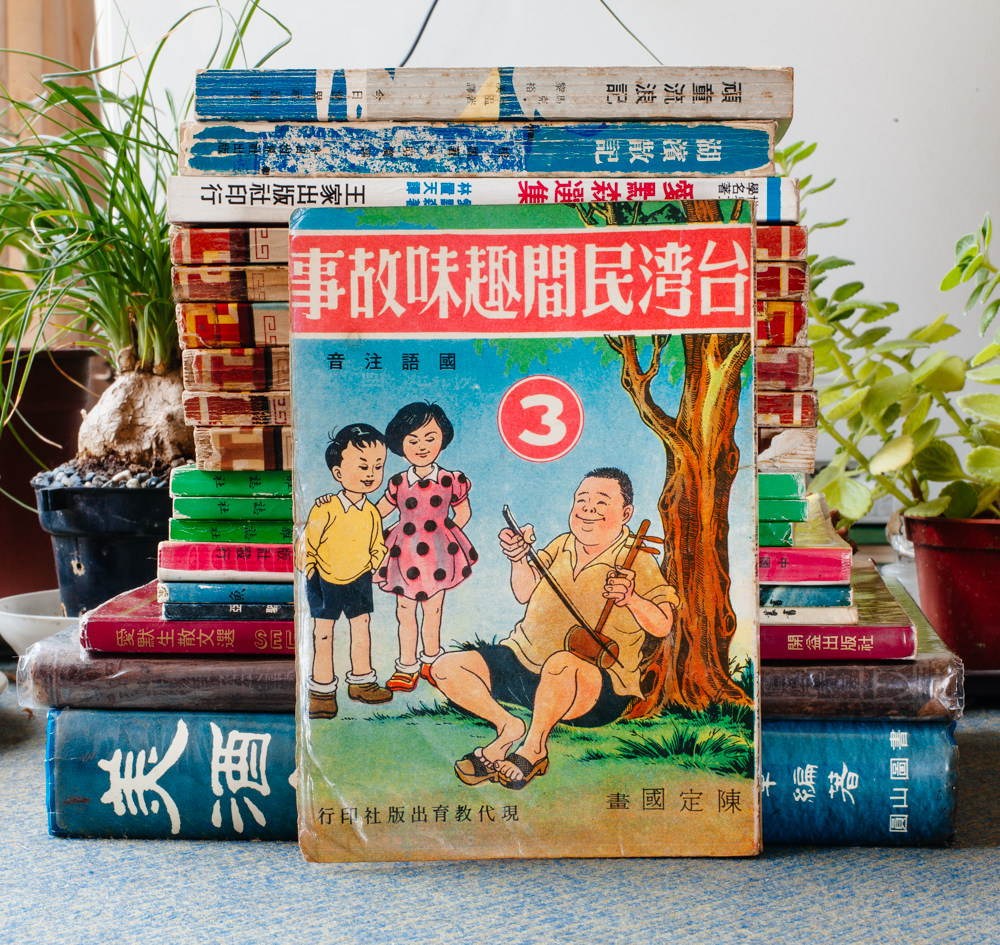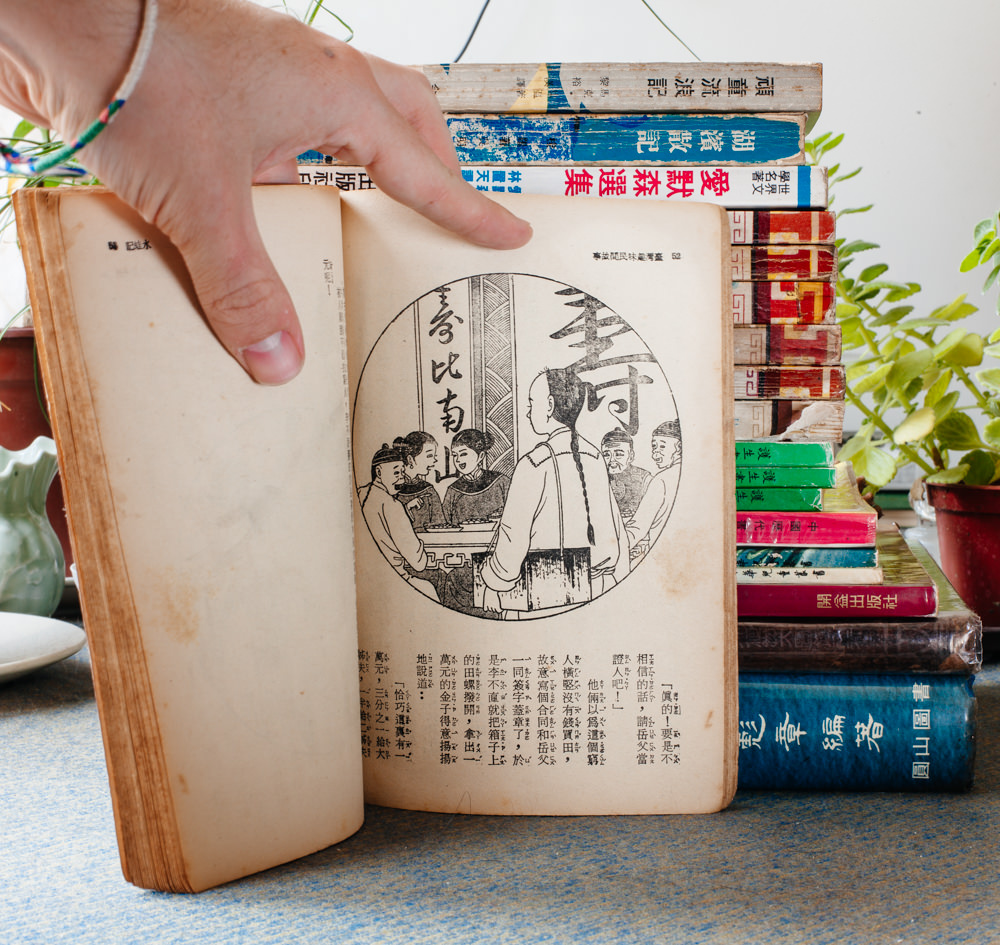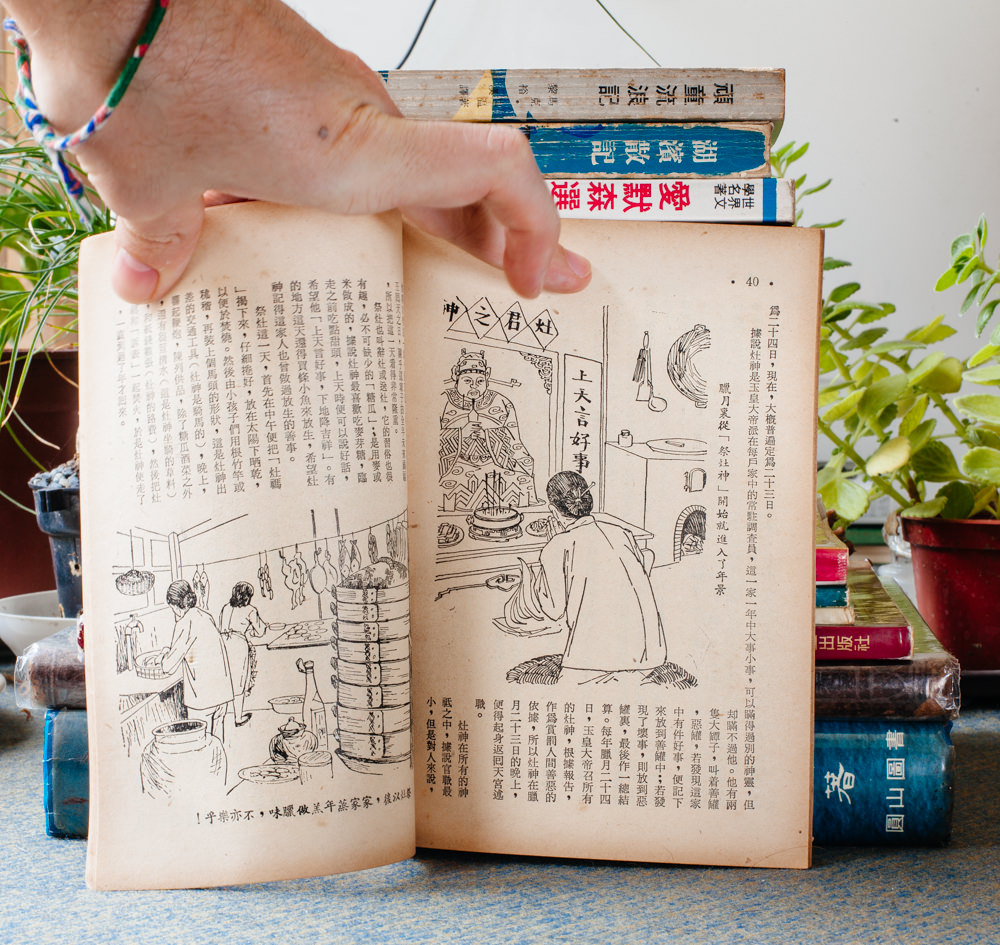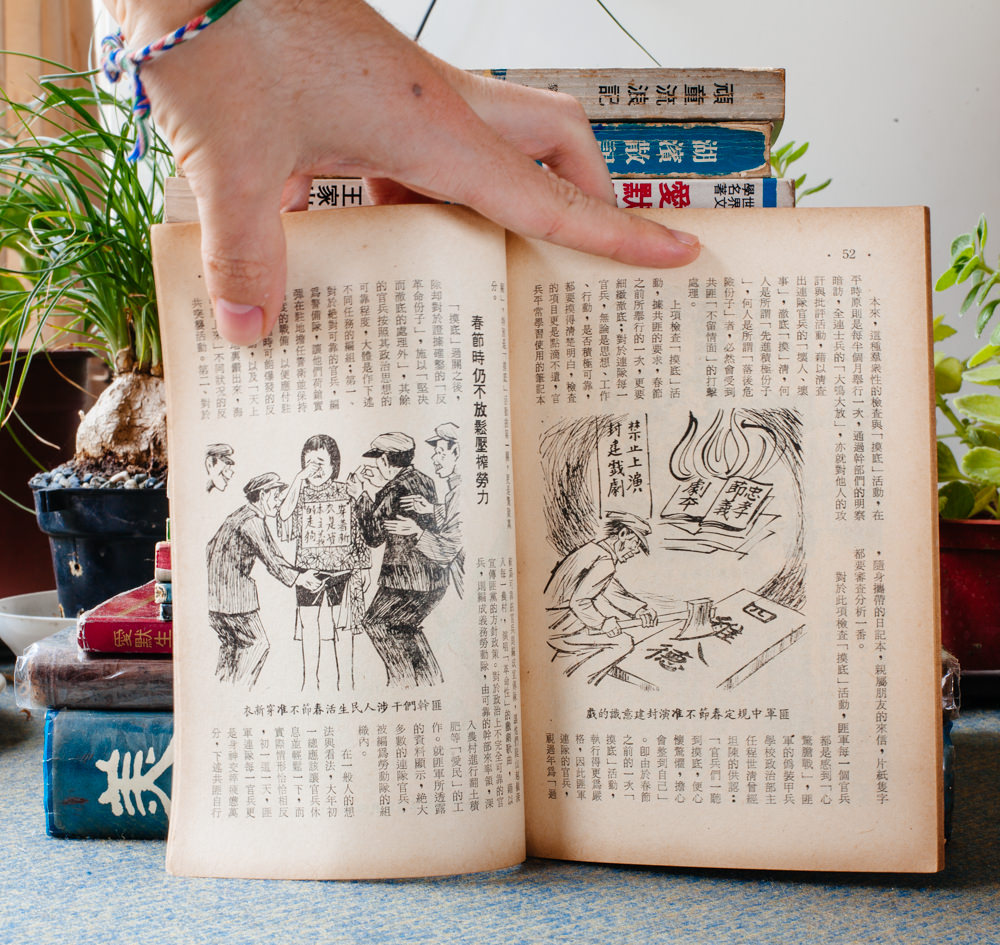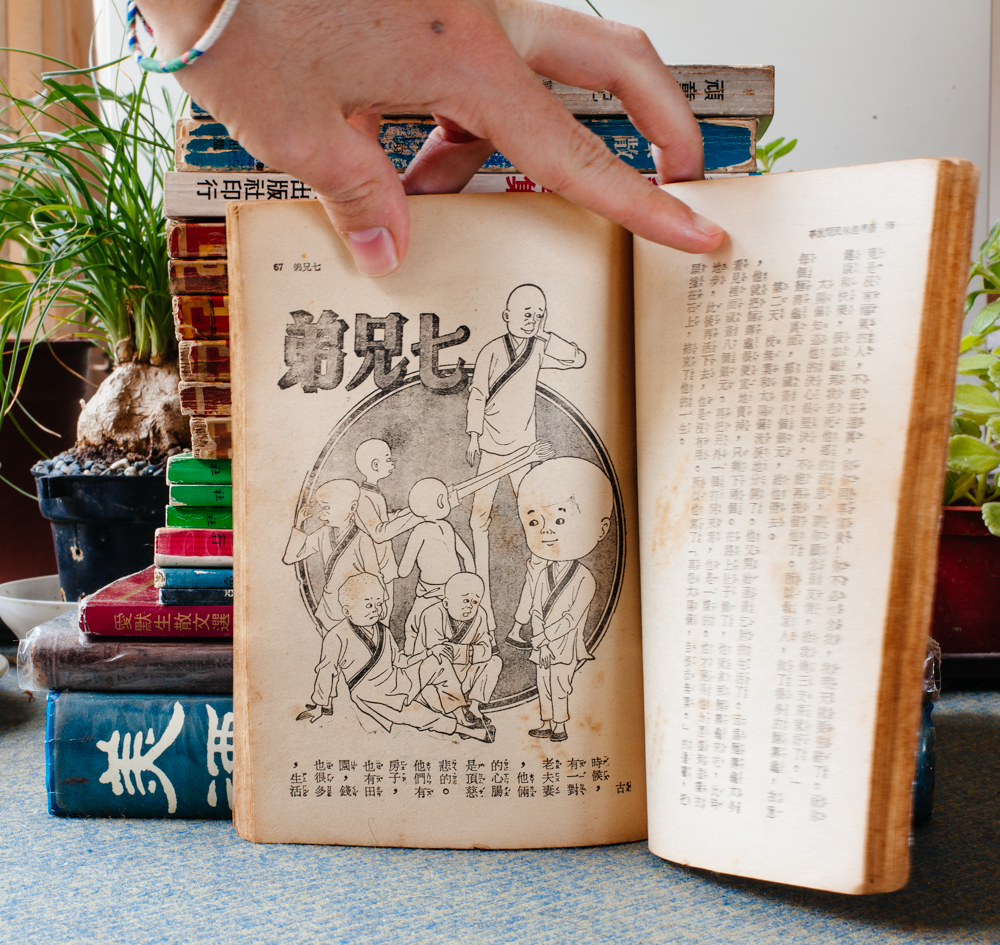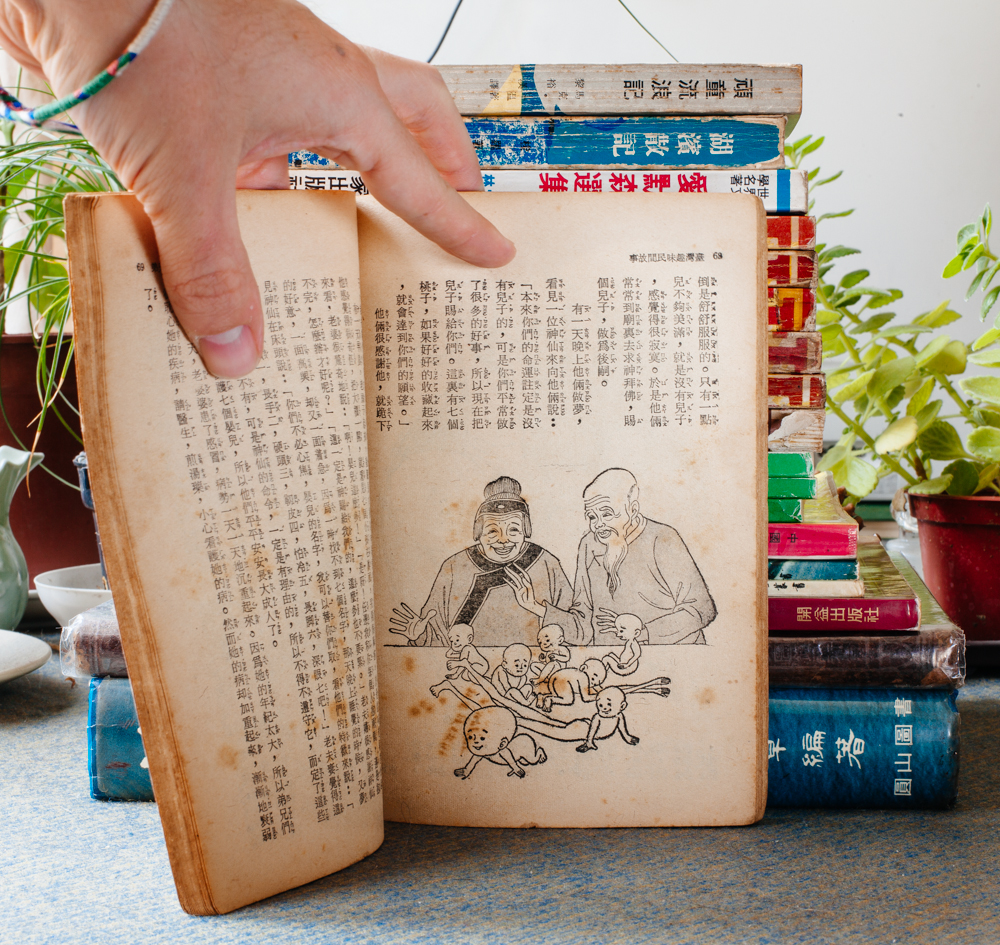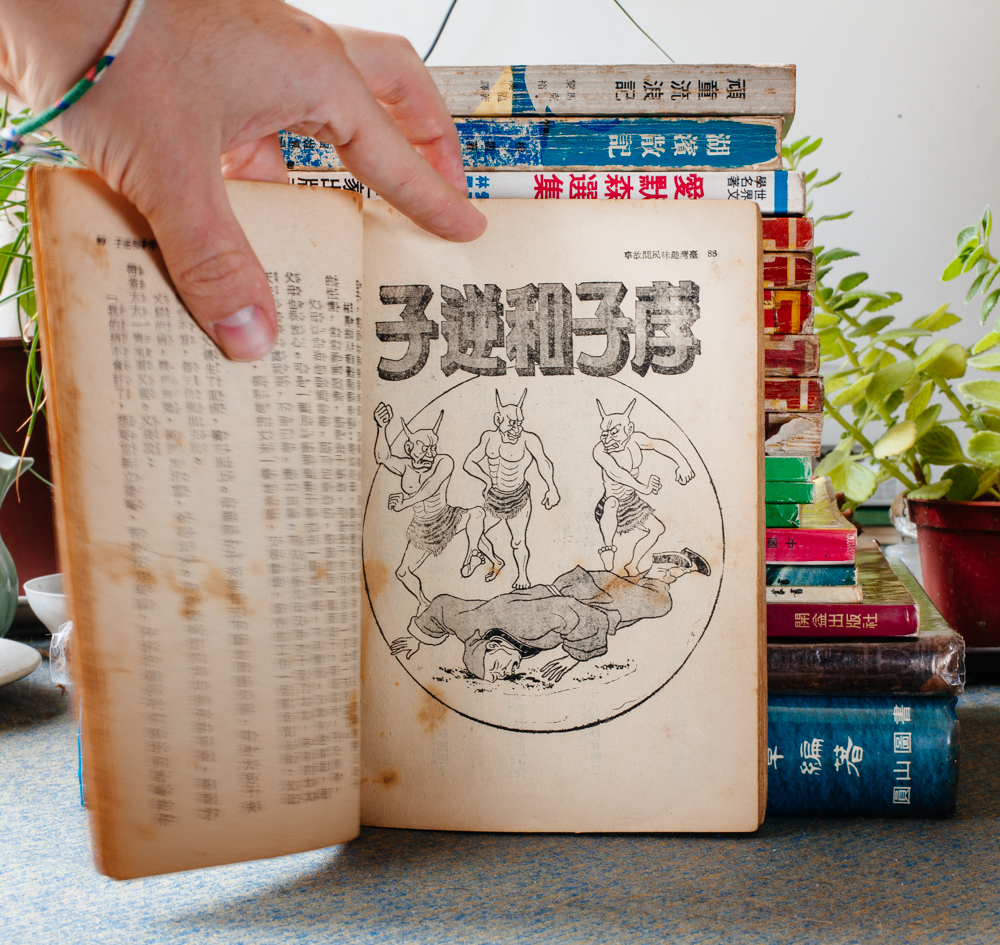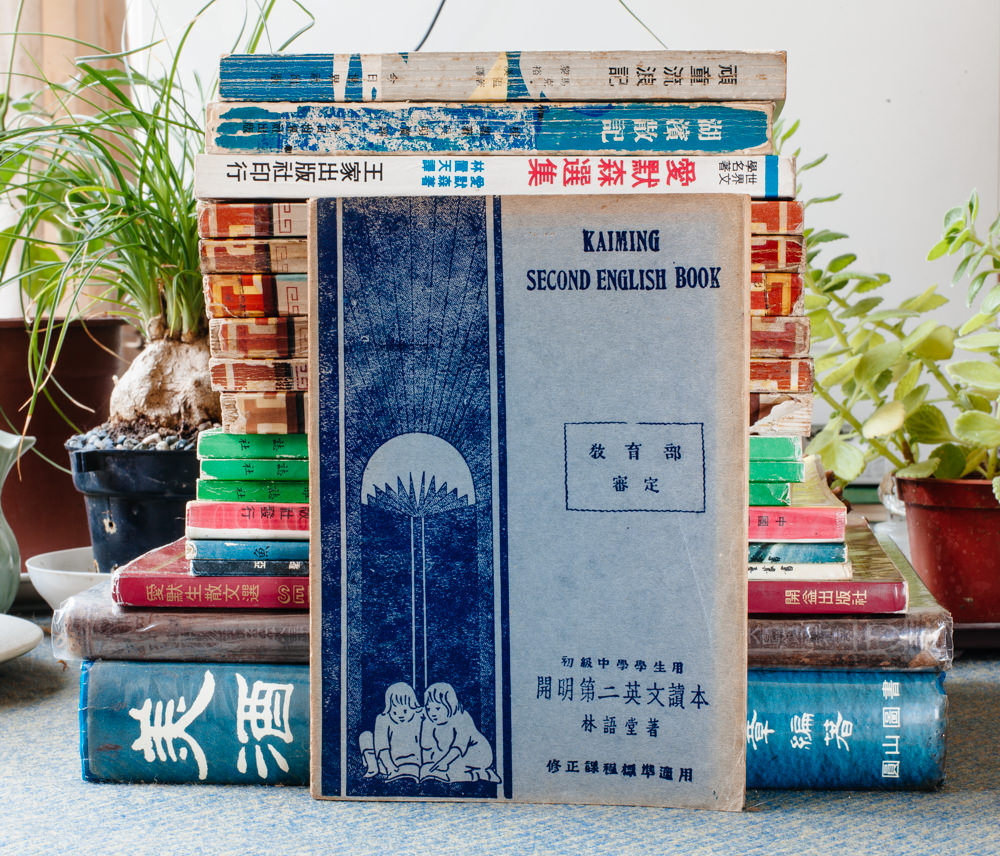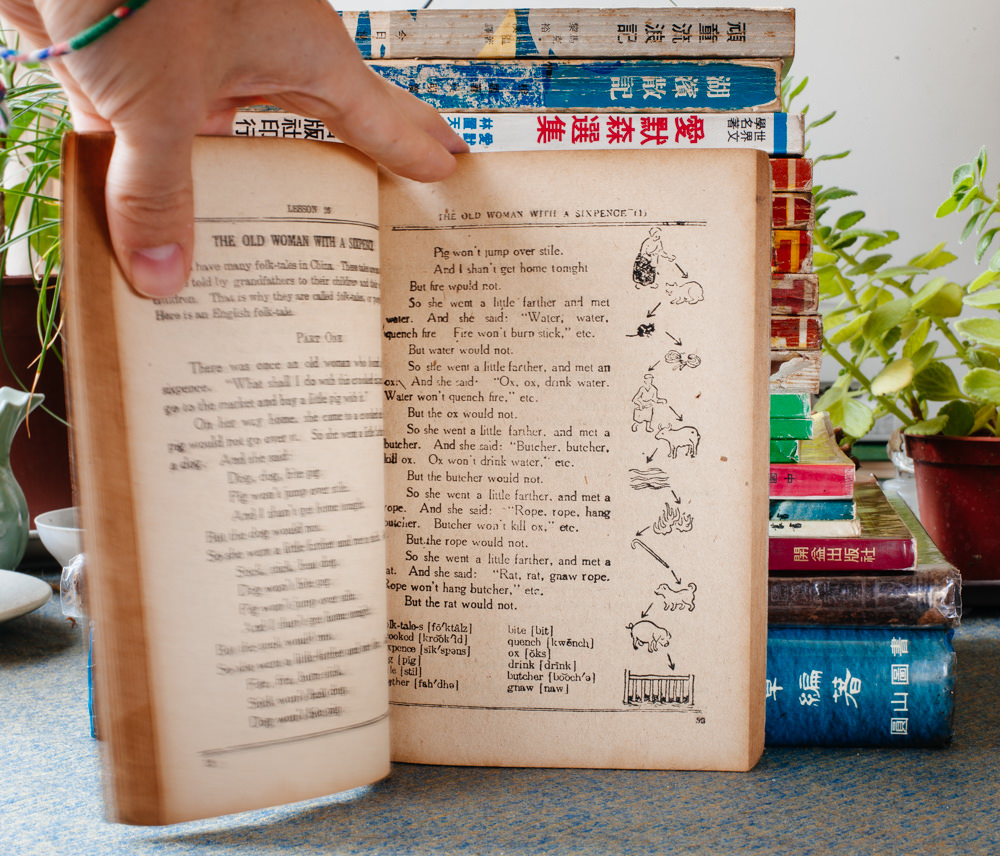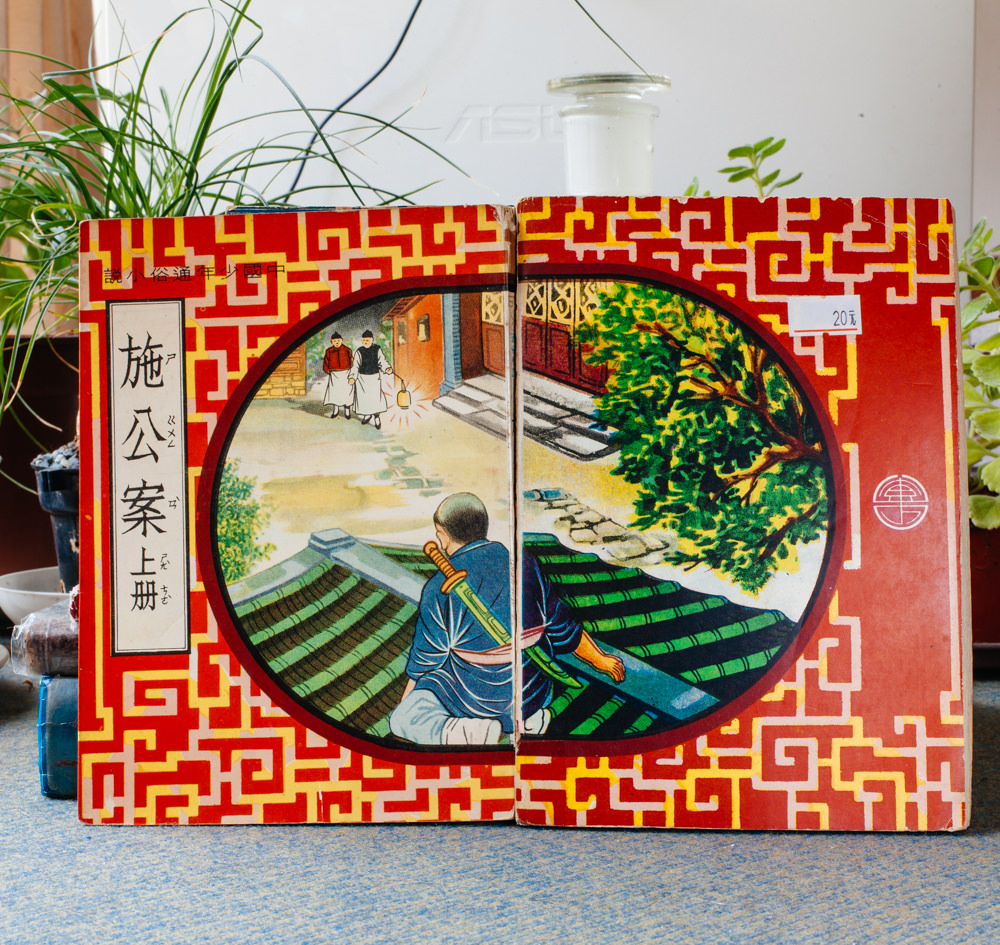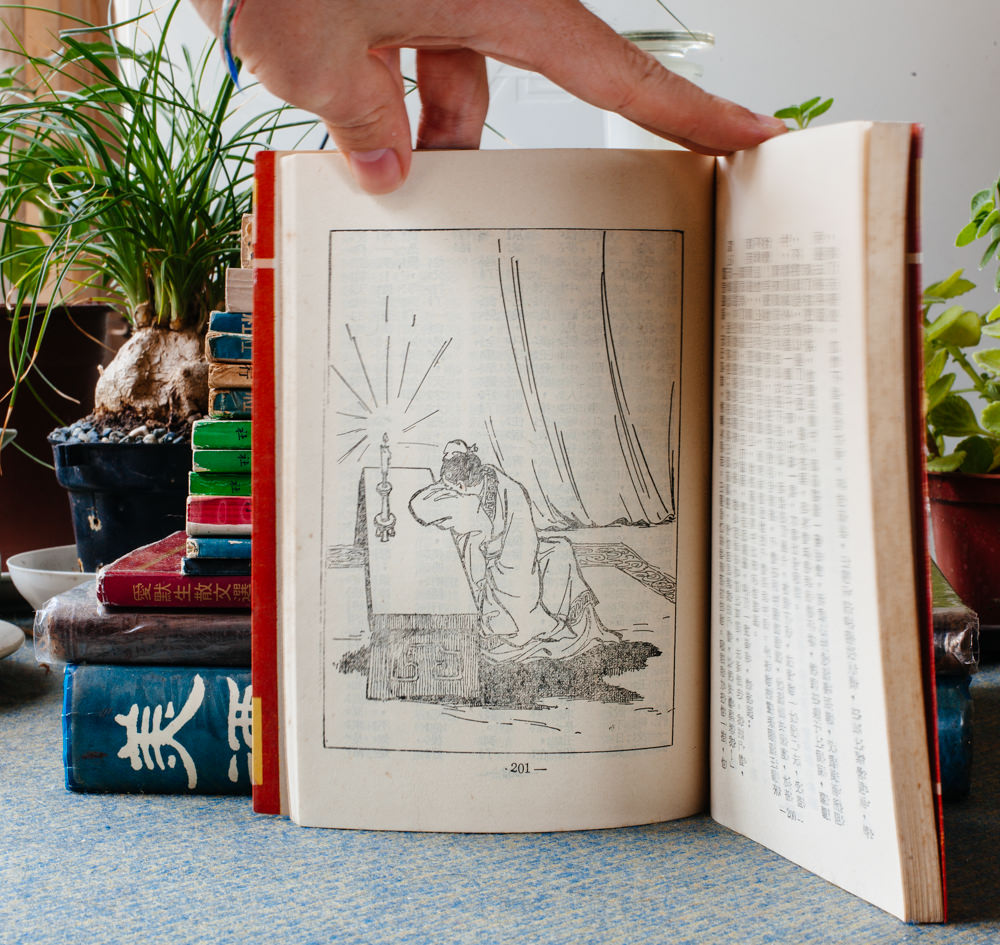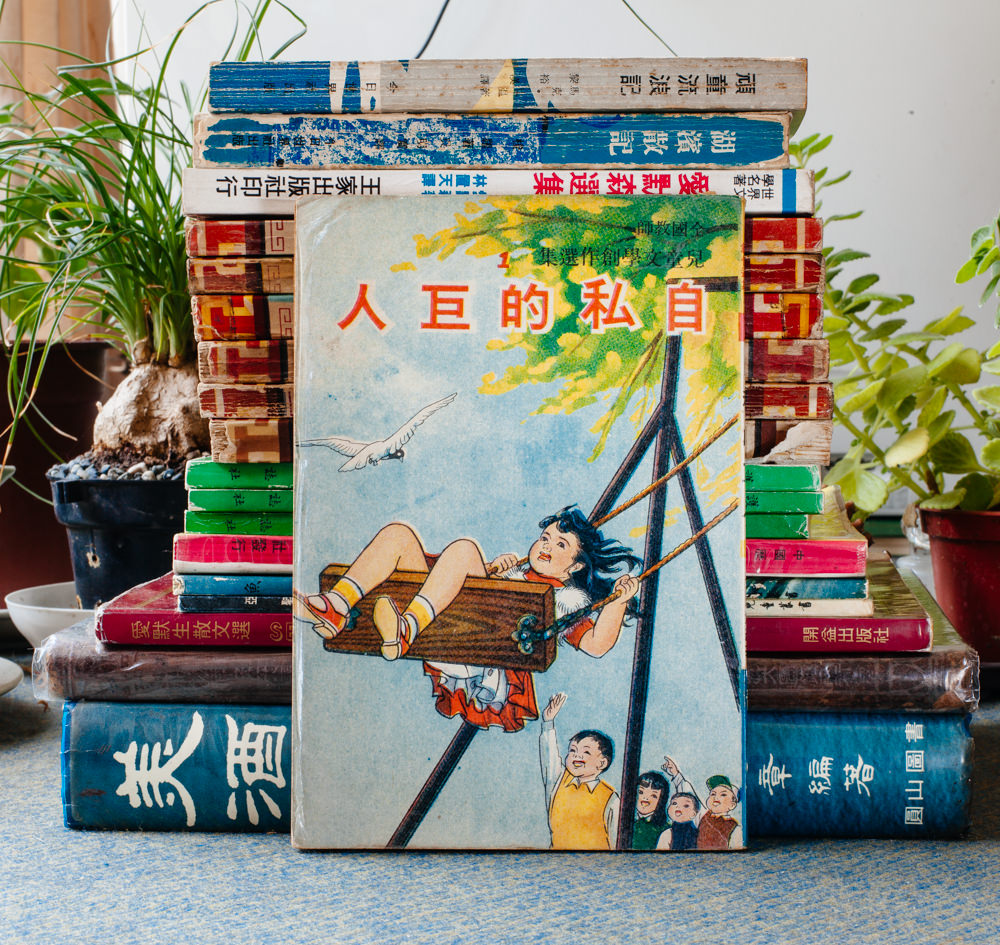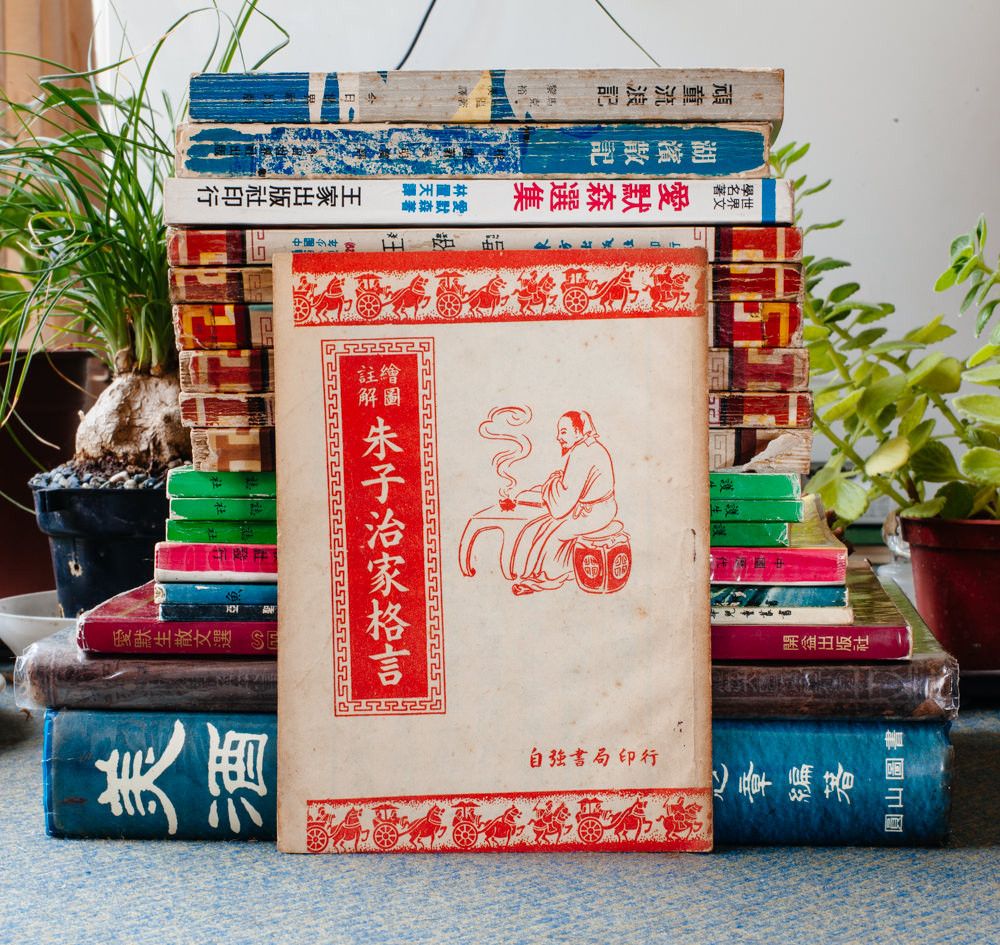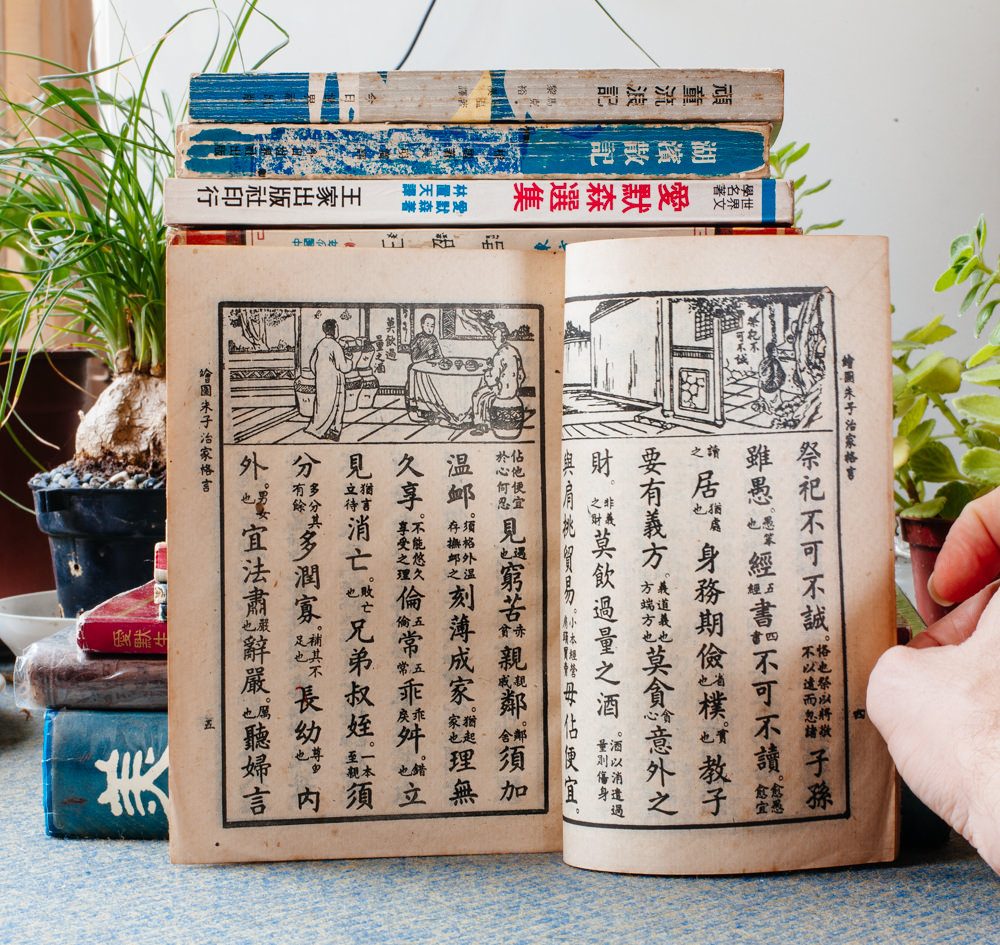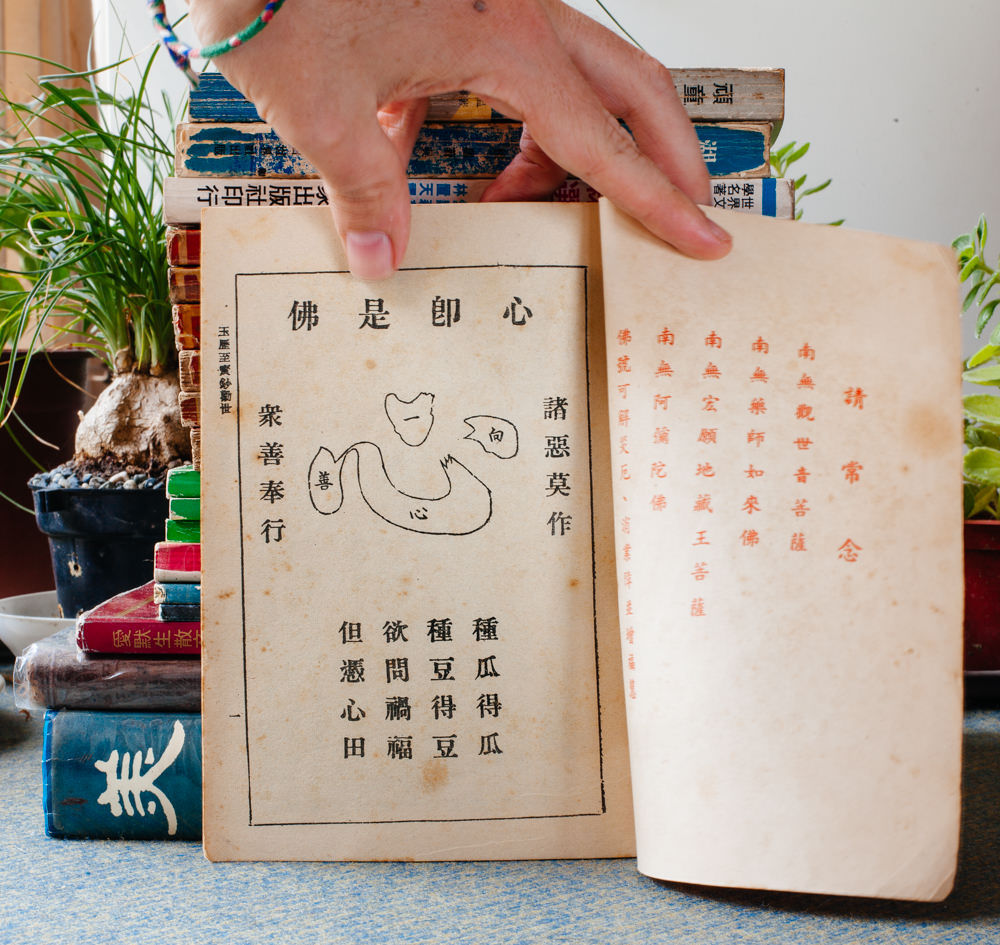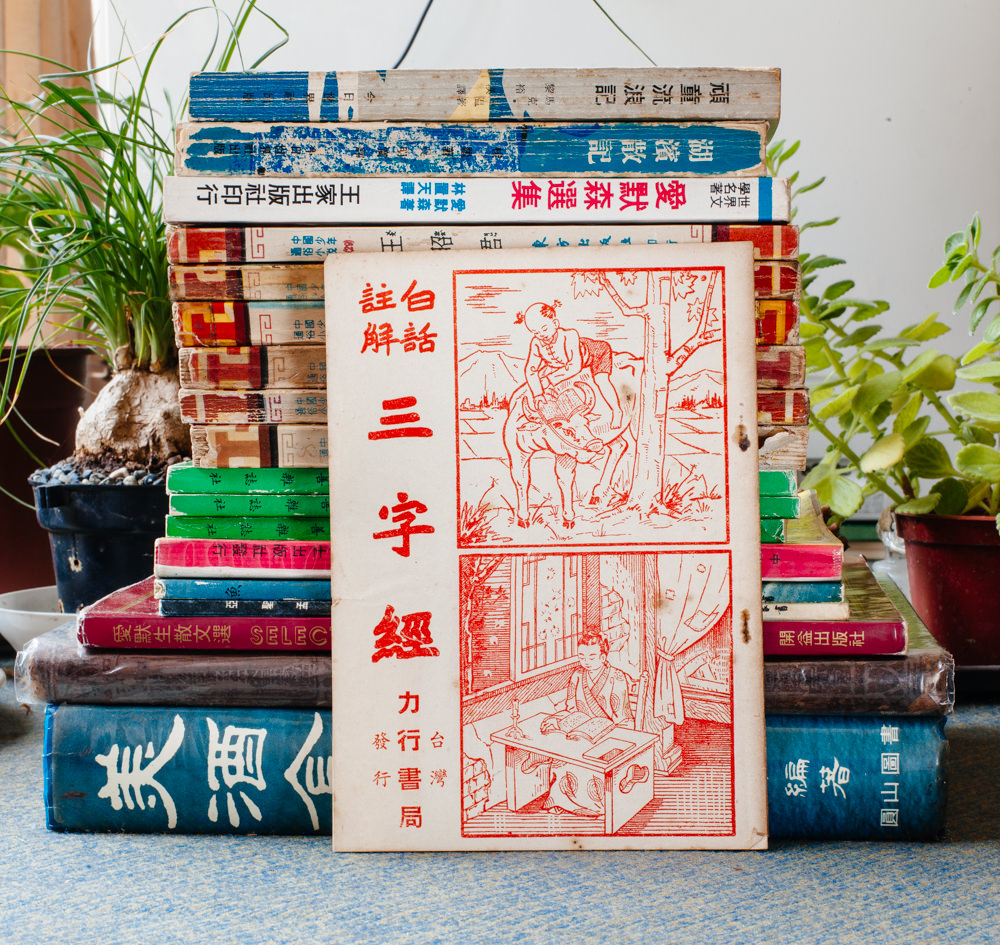I’ve spent a good amount of time at book stores in the English speaking world. At times, it feels excessive, to the point where I question if the time perusing the books would have been better spent reading them. Reading is the point of books, I believe (this may sound obvious, but it's not and worth mentioning). And yet, books have a meaning of their own outside of the words inside them. They are the covers, the typography, the images, the material...in short, what truly defines a book is the materiality, the design and content combined. Literature may be best visualized now by an e-book...the words reign supreme while it has an almost negligible materiality. The differences of the ‘digital book’ may help us think about the book.
While at the University of Wisconsin, I had the pleasure of working in the Special Collections and Rare Books Department. I was able to see, firsthand, some of the finer specimens of the book. Publications from the Kelmscott Press, Audubon's Elephant Folio, Newton’s manuscripts, alchemy manuscripts, etc... A first edition, first printing can sometimes bring people to spend thousands of dollars for a piece of publishing history. An inscribed copy, especially from a reclusive author, can add additional value to the book...but these things don’t necessarily add additional value to the literature - the substance inside. What about the other elements, though? The paper selection? The weight or smell of the book? The size of the margins? Taken separately, their impact is unnoticed by most people and yet, together, the elements that make these books objects have a major effect on the reader.
Upon my arrival in Taiwan four years ago, the differentiation was real. There was truly only the physical book since the content (I will say the literature) was all in Chinese. This made the written content as good as non-existent for me. What I saw was the book craft, and the surface imagery of these characters. I bought nothing and I looked rarely. Certainly there were intriguing books and covers, but with the substance lacking, so too did my interest in much perusing or consuming.
Fast forward to three years later when my Chinese attained a level of understanding that allowed me to grasp the meaning of the title and sometimes even read a large portion of the contents inside. With this change, these beautiful objects transformed into the more substantial book. There is an extreme beauty and effect in the philosophy of the e-book - the writer's words stand on their own in a nearly level playing field. And yet, the materiality of the book and the things that lay outside of literature tend to enrich our experience in a way these new devices do not. Reading is not just about our sense of sight just as listening is not just about our sense of hearing. The other senses, defined or not, are always influencing us. The book - its typography, images, paper, size, literature - is a wonderful sum of its parts.
I wanted this little brief introduction to work as an introduction to these few books I’m sharing with you as well as how my experience with Chinese books helped me think differently about the book. The books that follow are of many different sorts - some I chose for the superficial and direct reason that I found them arresting and attractive. Some I bought for their literary content. As I packed up to move, these few books were among my most valued, so I share them with you. Don't pay too much attention to the section heads - there's lots of overlap and its just my way of making this random selection a little more digestible.
Enjoy.
Relatable and Translatable
